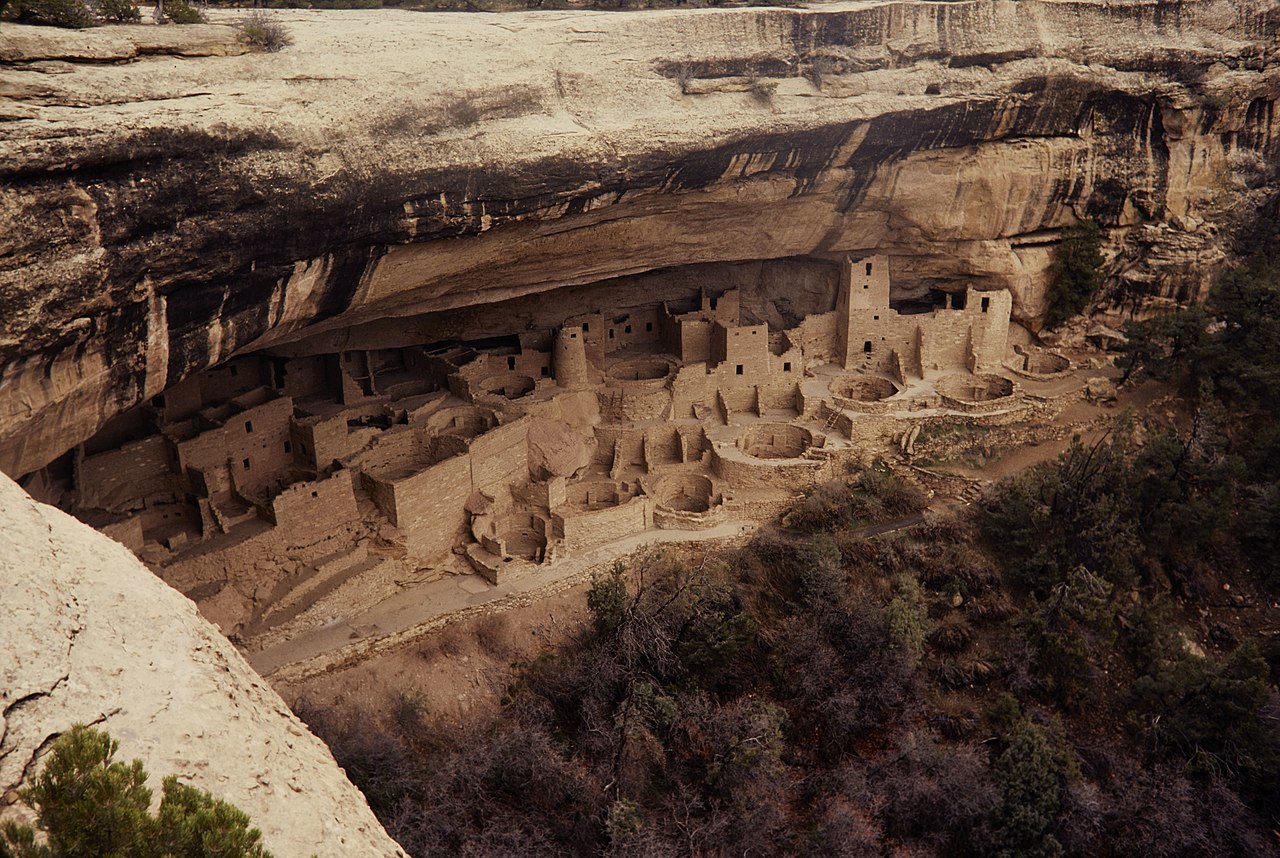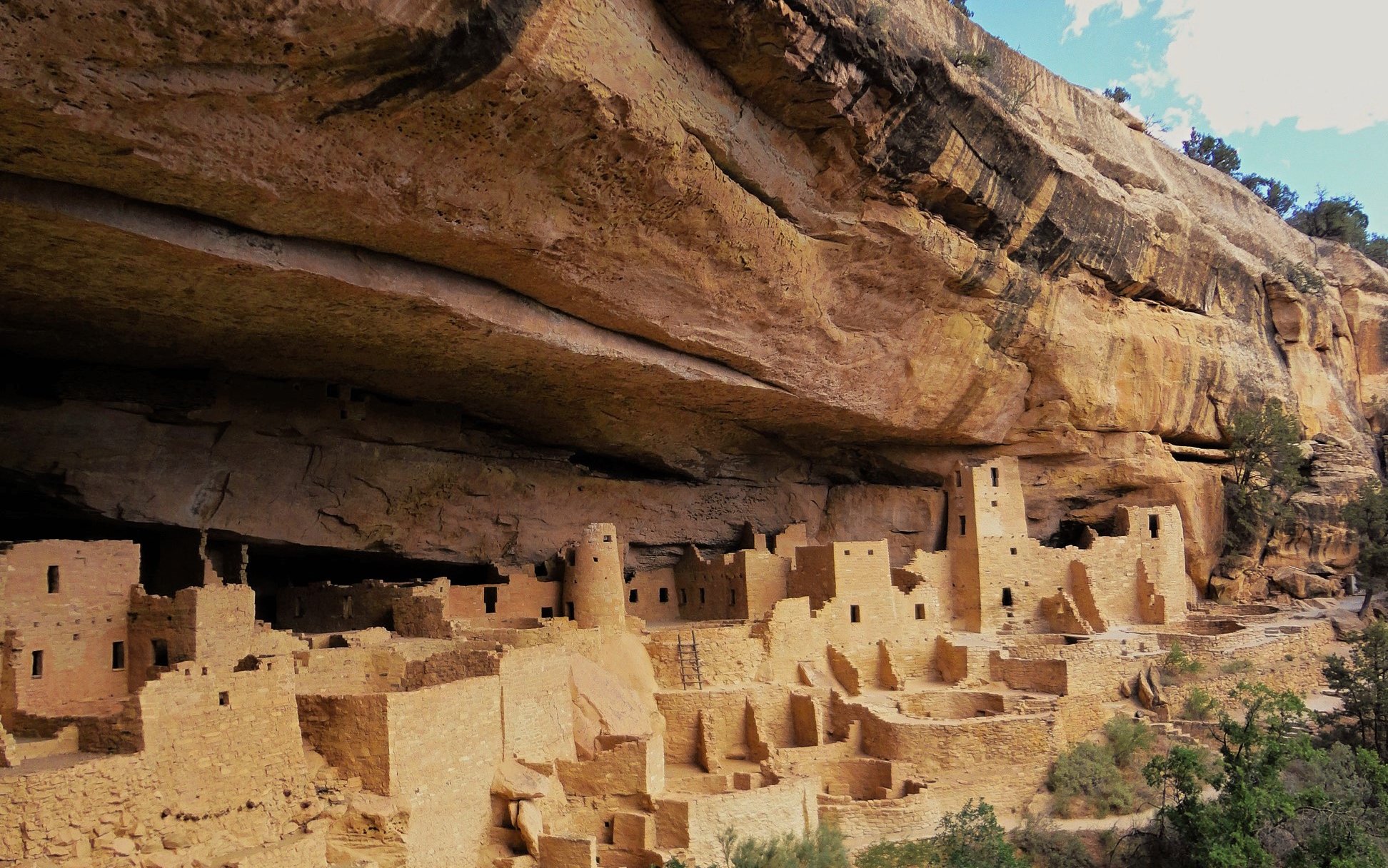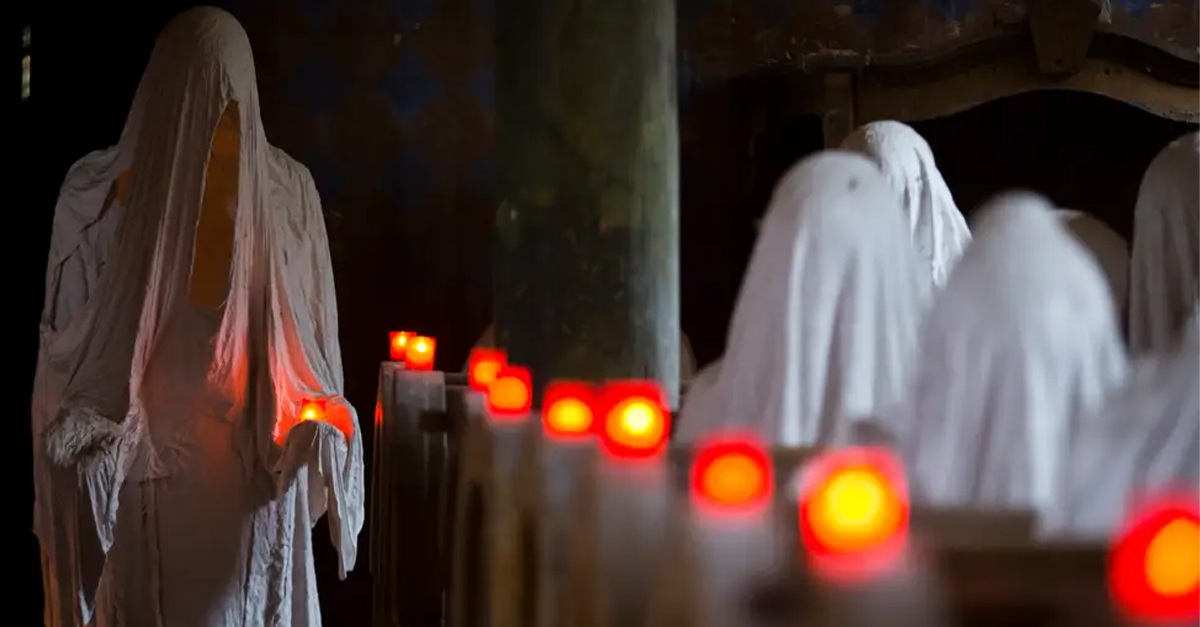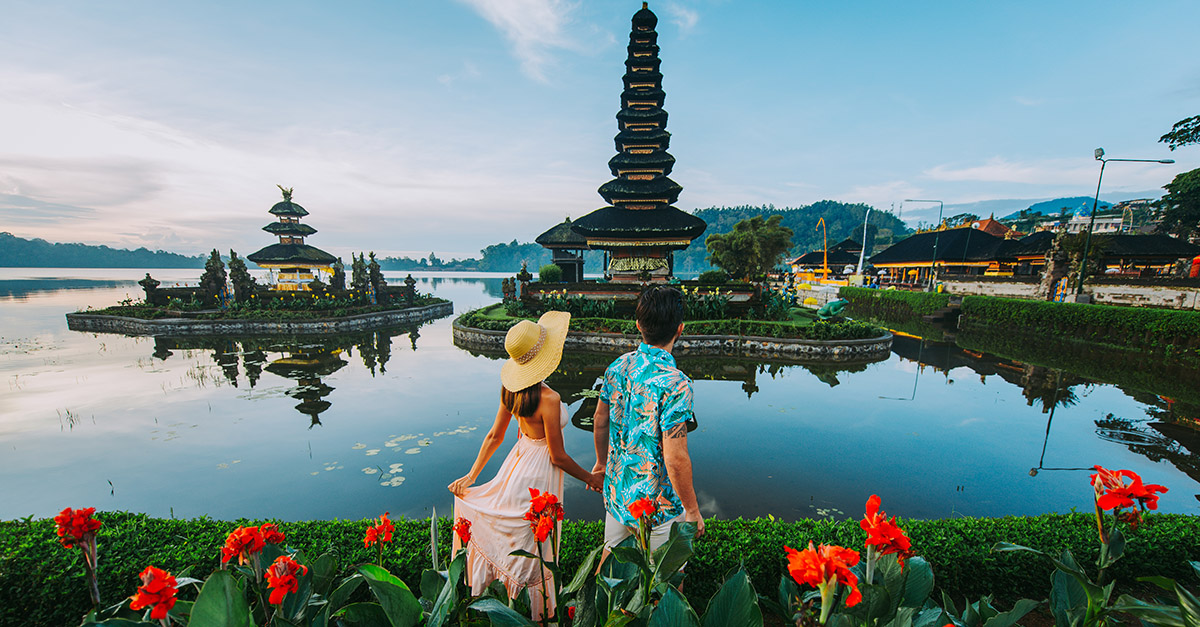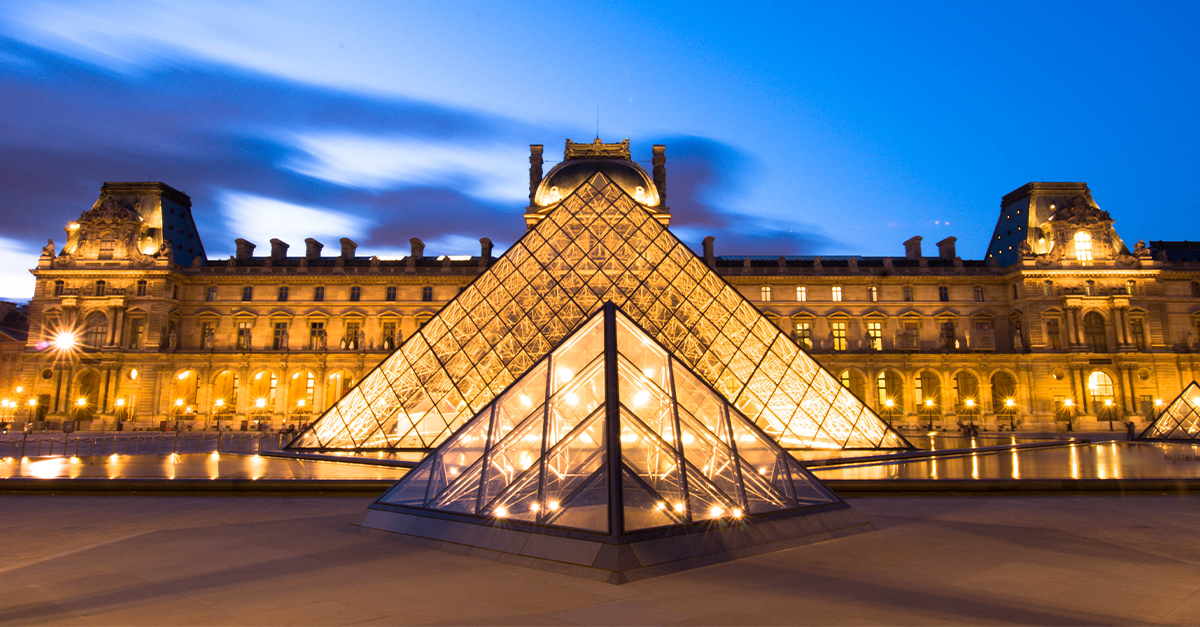The Largest Cliff Dwelling In North America
Cliff Palace is the largest and most complex cliff dwelling ever discovered in North America. It stands as one of the most iconic archaeological sites in the United States—and reveals the incredible ingenuity of the Ancestral Puebloan people.
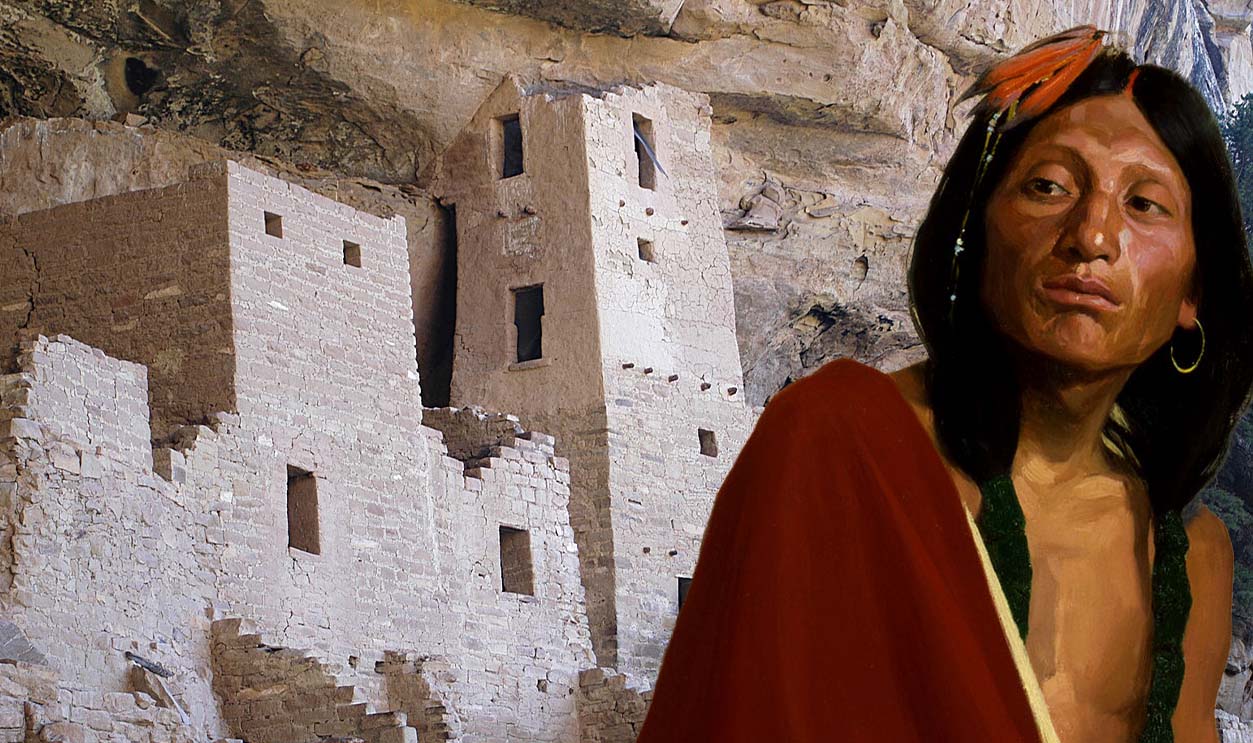
Hidden In The Cliffs Of Mesa Verde National Park
Cliff Palace is located within Mesa Verde National Park in Colorado. The park protects the cultural heritage of the Ancestral Puebloans. This national treasure lies in Montezuma County in the far southwestern corner of the state.
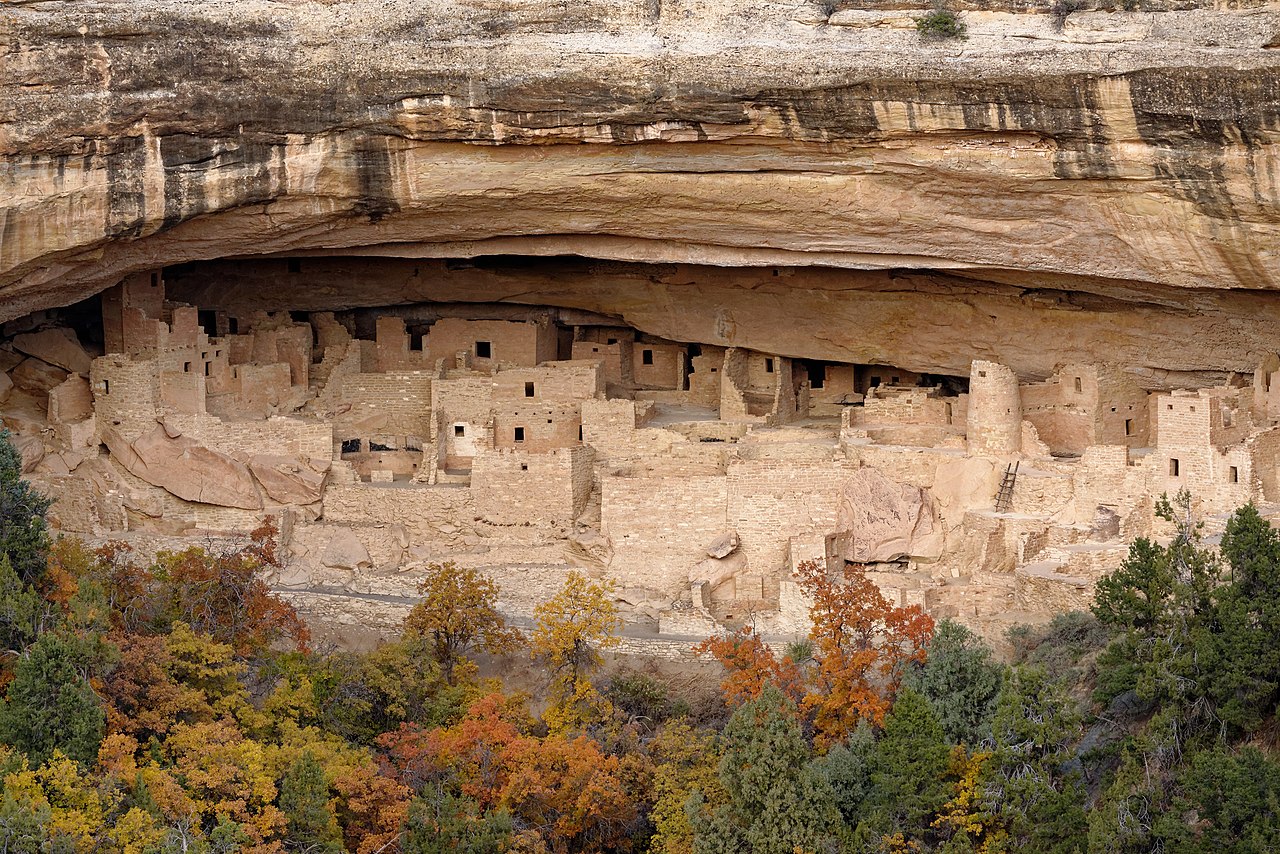 Judson McCranie, CC BY-SA 3.0, Wikimedia Commons
Judson McCranie, CC BY-SA 3.0, Wikimedia Commons
Mesa Verde Contains Hundreds Of Cliff Dwellings
Mesa Verde National Park protects nearly 600 cliff dwellings. These range from single-room granaries to massive multi-family complexes like Cliff Palace.
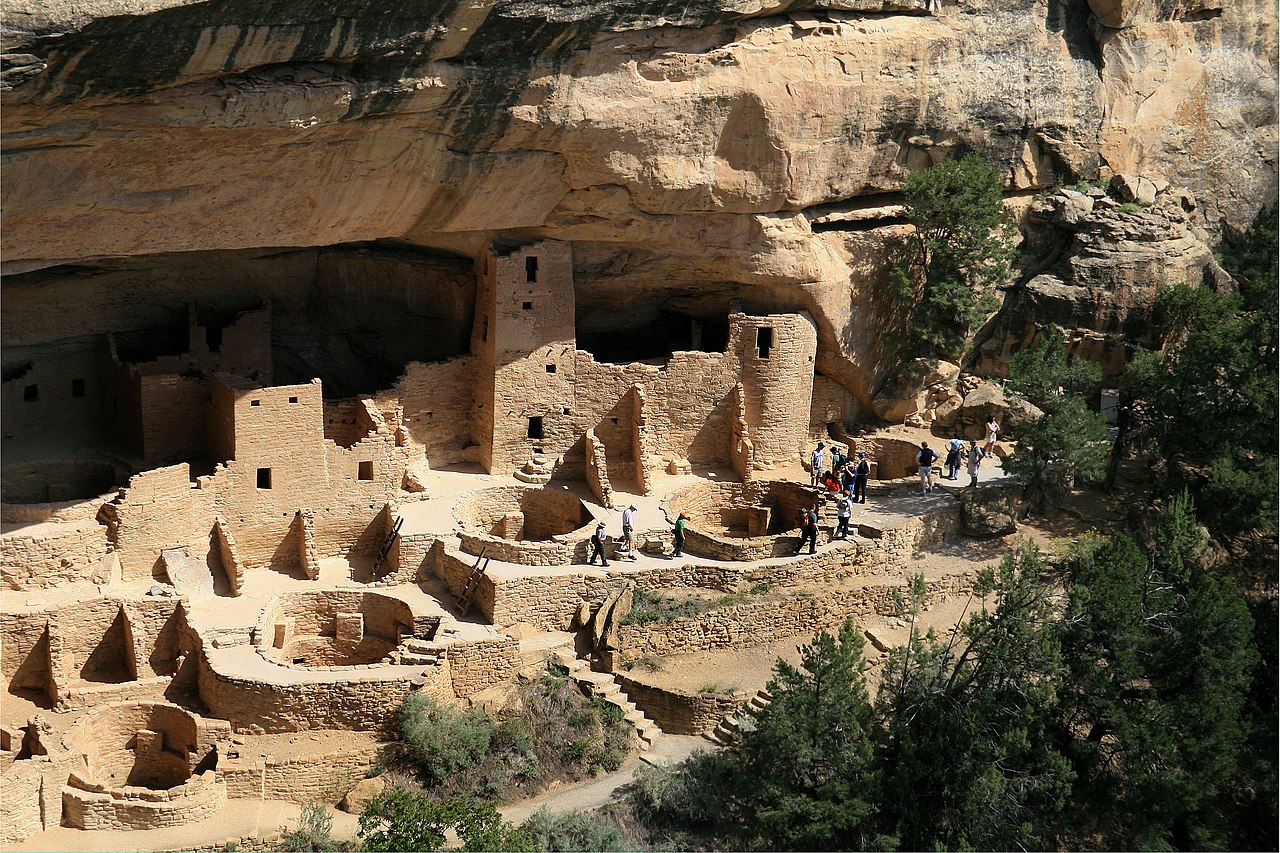 Andreas F. Borchert, CC BY-SA 3.0, Wikimedia Commons
Andreas F. Borchert, CC BY-SA 3.0, Wikimedia Commons
Built Between 1190 And 1260 CE
Dendrochronology, or tree-ring dating, shows Cliff Palace was actively built and refurbished from 1190 to 1260 CE. The majority of the work was completed in just two decades. The rapid construction shows coordinated effort and planning.
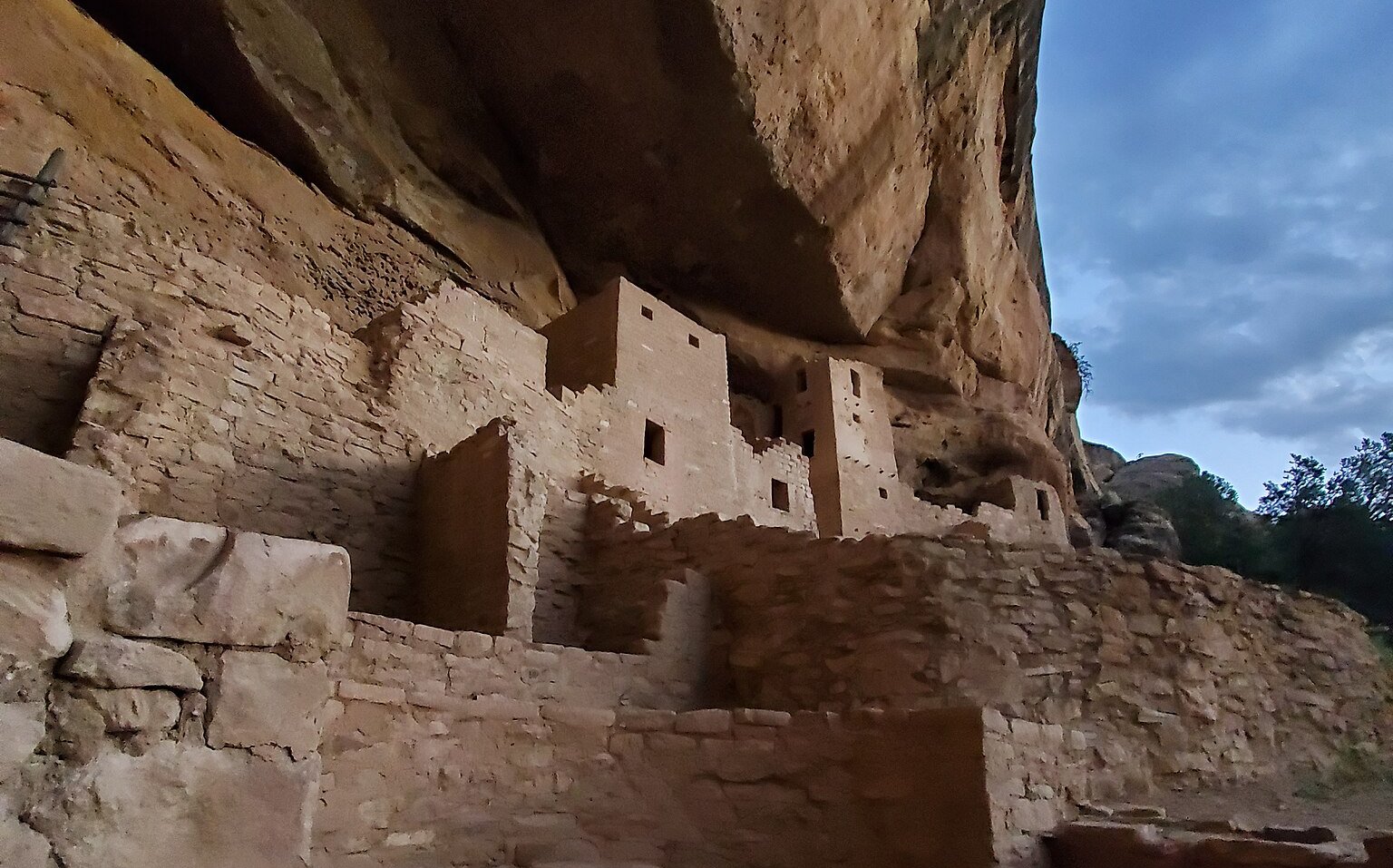 John Manard, CC BY-SA 2.0, Wikimedia Commons
John Manard, CC BY-SA 2.0, Wikimedia Commons
Climate Stress Drove Puebloans To The Cliffs
Ancestral Puebloans built their homes in the cliffs in response to harsh conditions. Changes in the climate and increased competition for resources made more defensible dwellings a necessity. These environmental challenges shaped their society.
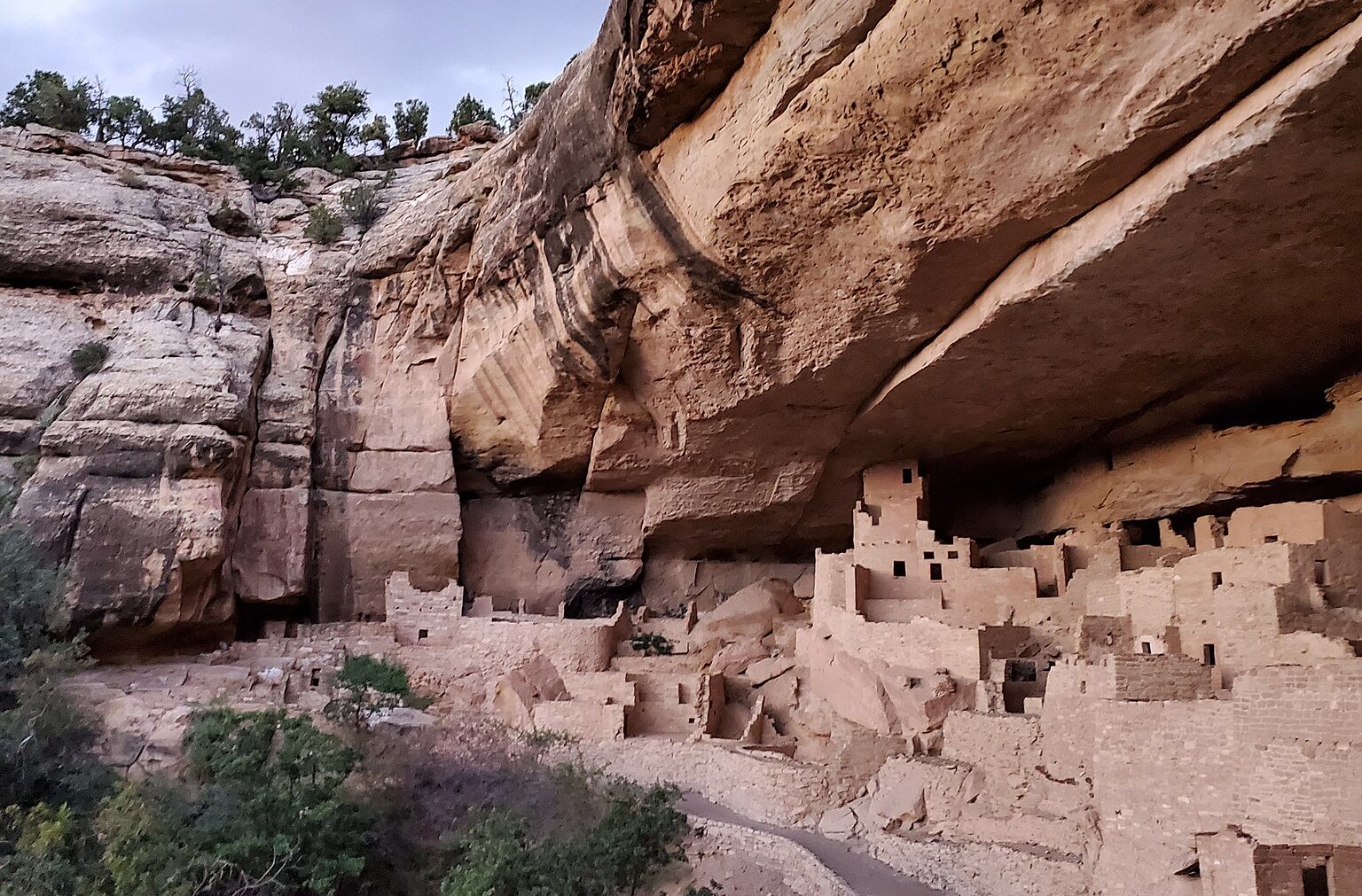 John Manard, CC BY-SA 2.0, Wikimedia Commons
John Manard, CC BY-SA 2.0, Wikimedia Commons
Cliff Palace Was Abandoned Around 1300
By 1300 CE, Cliff Palace was completely abandoned. The reasons remain debated among archaeologists. Many point to environmental collapse as the most likely cause.
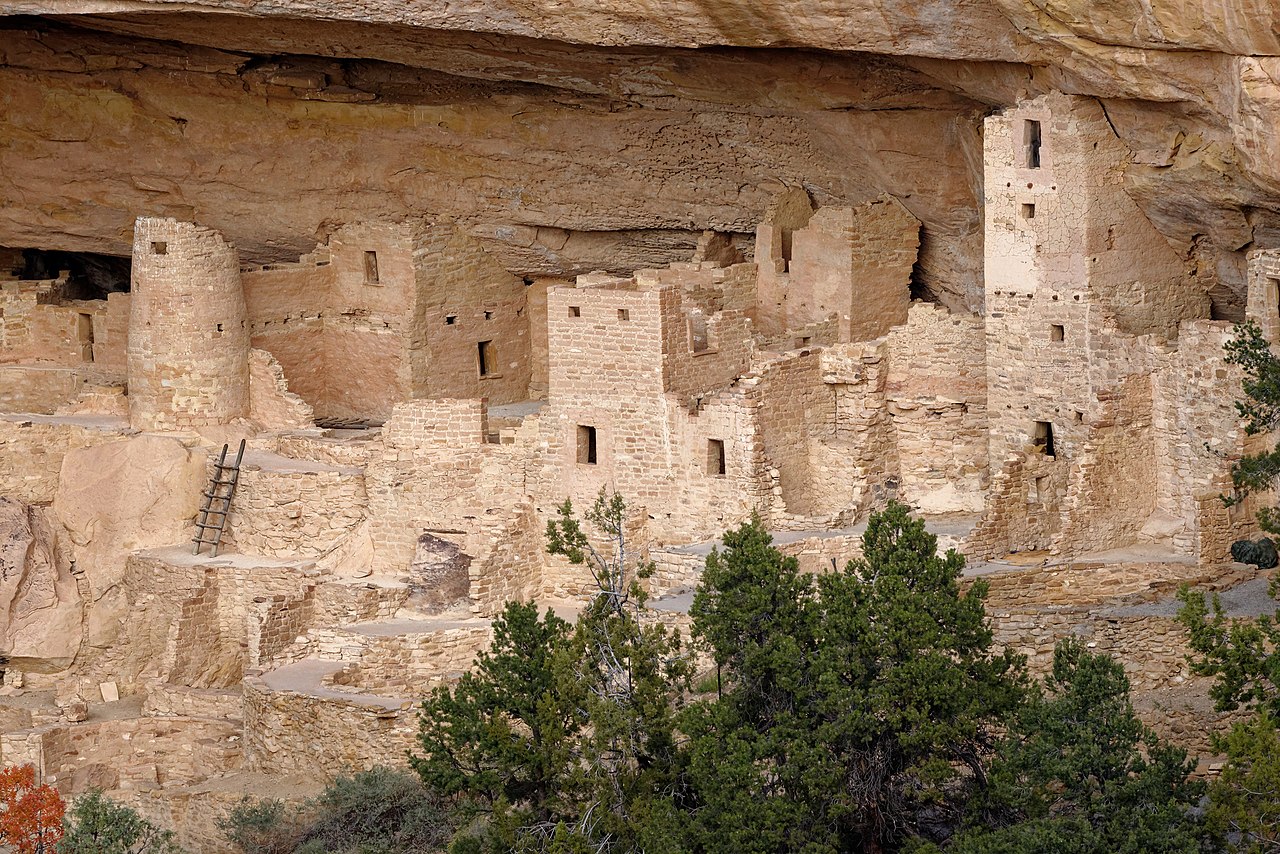 Judson McCranie, CC BY-SA 3.0, Wikimedia Commons
Judson McCranie, CC BY-SA 3.0, Wikimedia Commons
Drought May Have Triggered The Exodus
A series of megadroughts likely disrupted food production in the region. As farming failed, sustaining a community of 100 people would have become increasingly difficult. Water scarcity may have made life in the cliffs untenable.
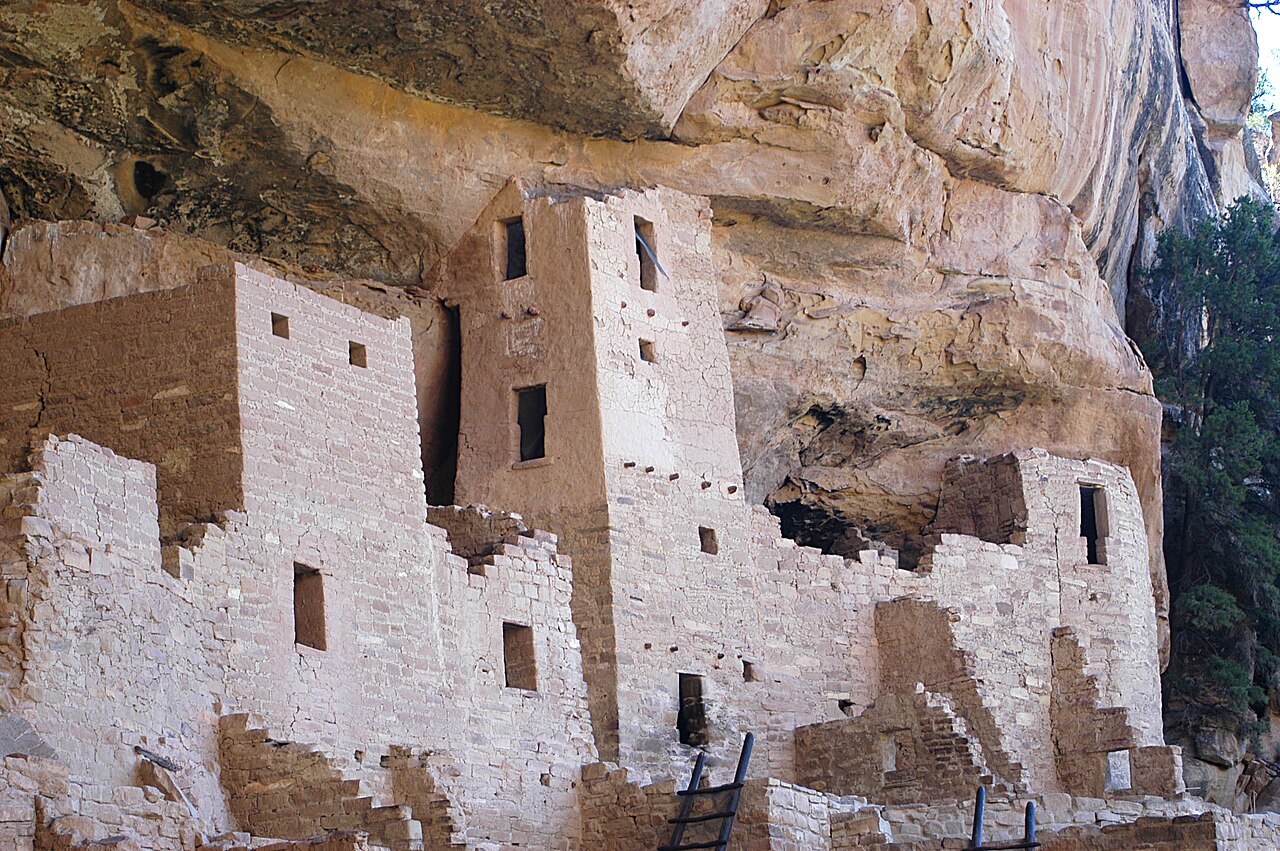 G. Edward Johnson, CC BY-SA 3.0, Wikimedia Commons
G. Edward Johnson, CC BY-SA 3.0, Wikimedia Commons
Rediscovered In 1888 By Ranchers
Richard Wetherill and Charlie Mason found Cliff Palace in 1888 while searching for stray cattle. Their accidental discovery brought the site back into public awareness. This moment also marked the beginning of its modern history.
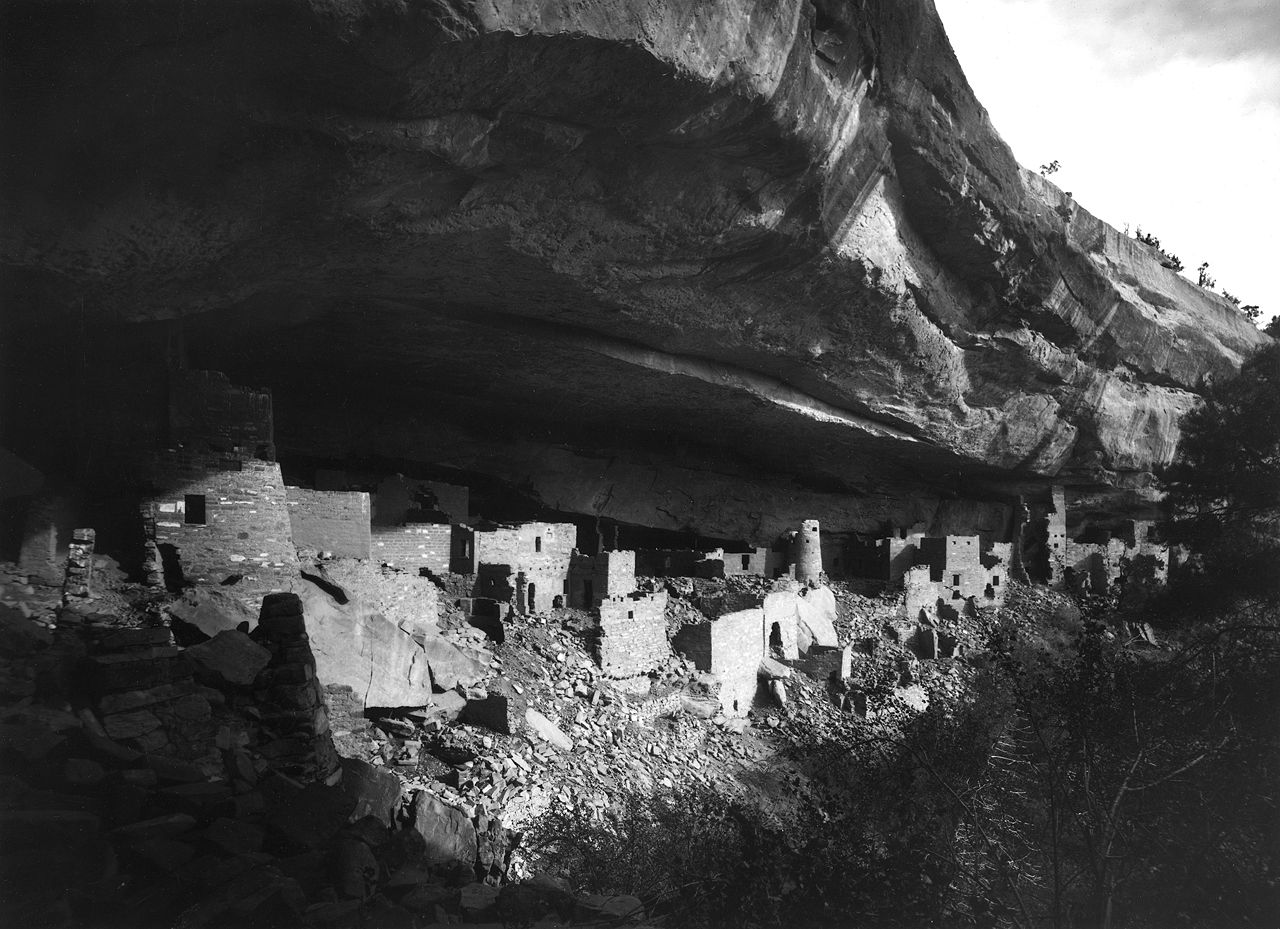 Gustaf Nordenskiöld, Wikimedia Commons
Gustaf Nordenskiöld, Wikimedia Commons
Sandstone Was The Key Building Block
Cliff Palace was constructed primarily from local sandstone. Builders shaped the soft stone using harder river rocks. These techniques allowed them to create precise blocks for walls and rooms.
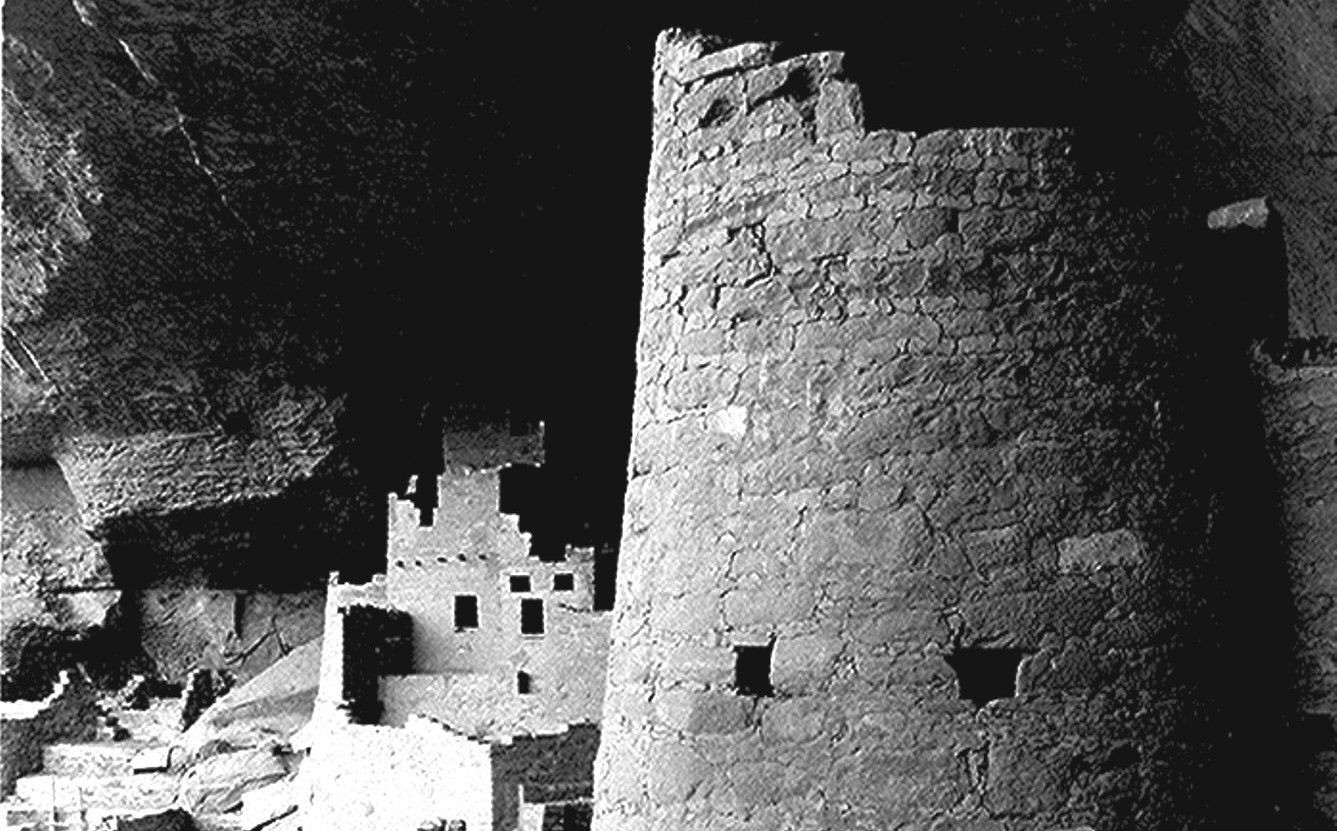 Ansel Adams, Wikimedia Commons
Ansel Adams, Wikimedia Commons
Mortar Held Everything Together
The mortar used between the sandstone blocks was a mixture of water, ash, and soil. This primitive yet effective cement provided structural cohesion. It held up surprisingly well for over 700 years.
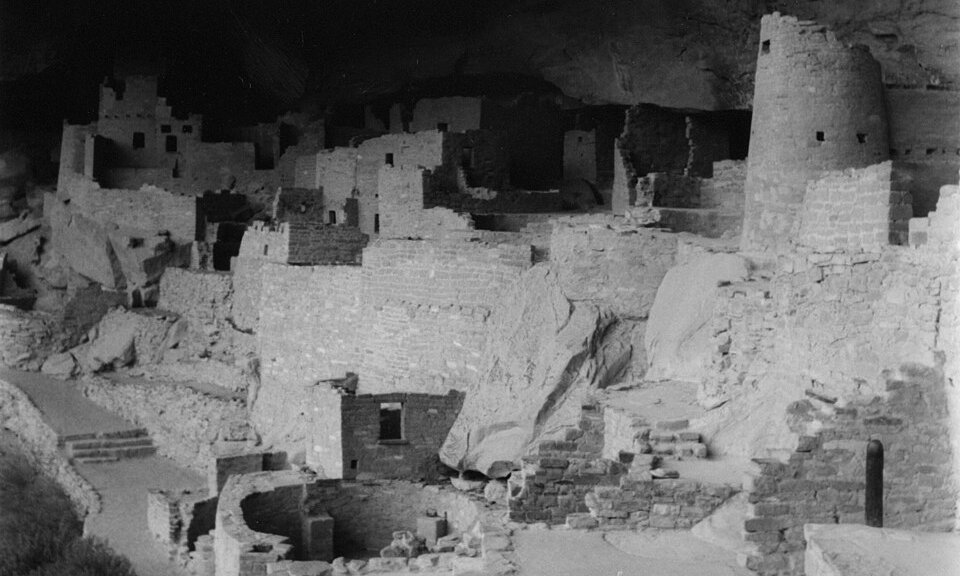 Maekju, CC BY-SA 3.0, Wikimedia Commons
Maekju, CC BY-SA 3.0, Wikimedia Commons
Chinking Stones Strengthened The Walls
Tiny pieces of stone, called “chinking,” were pressed into the mortar. These helped fill gaps and added extra stability. The method was both clever and durable.
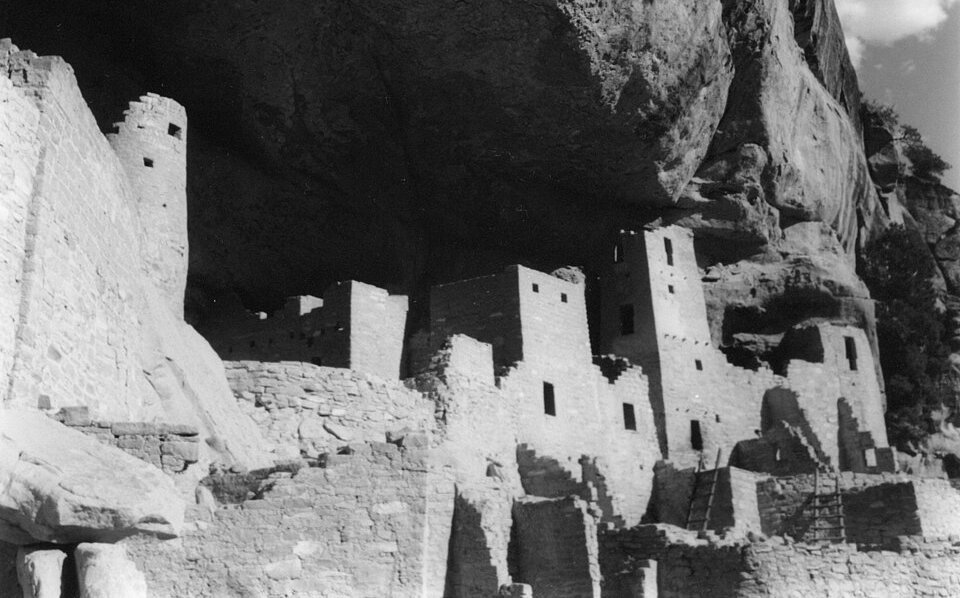 Maekju, CC BY-SA 3.0, Wikimedia Commons
Maekju, CC BY-SA 3.0, Wikimedia Commons
Walls Were Once Vibrantly Colored
Many of the walls in Cliff Palace were decorated with colorful earthen plasters. Shades of pink, brown, red, yellow, and white brightened the rooms. These colors have mostly eroded over time.
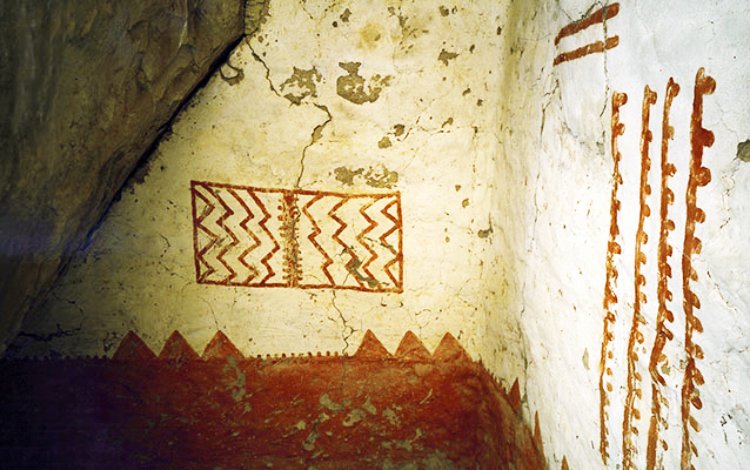 US National Park Service, Wikimedia Commons
US National Park Service, Wikimedia Commons
Doorways Are Surprisingly Small
Visitors often notice the small size of the doorways throughout Cliff Palace. These narrow openings reflect the stature of the people who built and used them. They also helped retain heat during colder seasons.
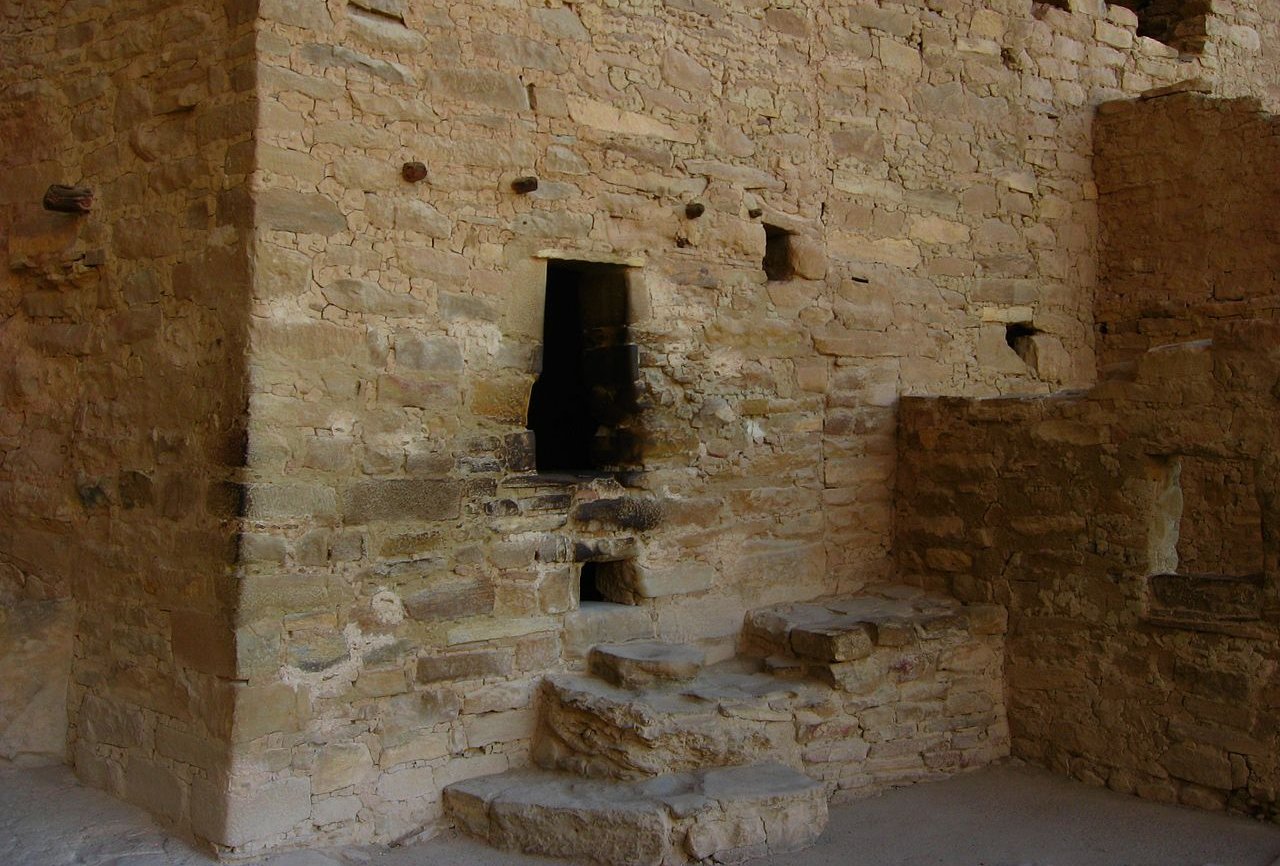 Ken Lund, CC BY-SA 2.0, Wikimedia Commons
Ken Lund, CC BY-SA 2.0, Wikimedia Commons
The Ancient Inhabitants Were Shorter
The average adult male was around 5 feet 4 inches tall. Women typically measured about 5 feet in height. This was similar to average heights in Europe during the same period.
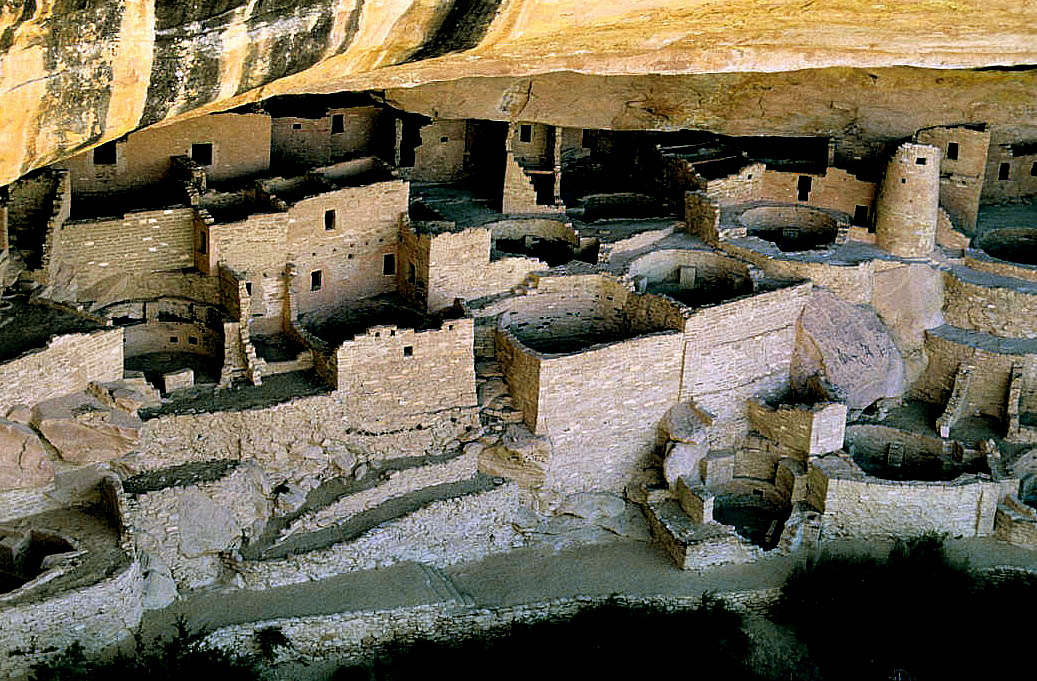 LBM1948, CC BY-SA 4.0, Wikimedia Commons
LBM1948, CC BY-SA 4.0, Wikimedia Commons
The Complex Has Over 150 Rooms
Cliff Palace includes more than 150 separate rooms. These were used for storage, sleeping, cooking, and community activities. It's one of the largest known residential structures from the period.
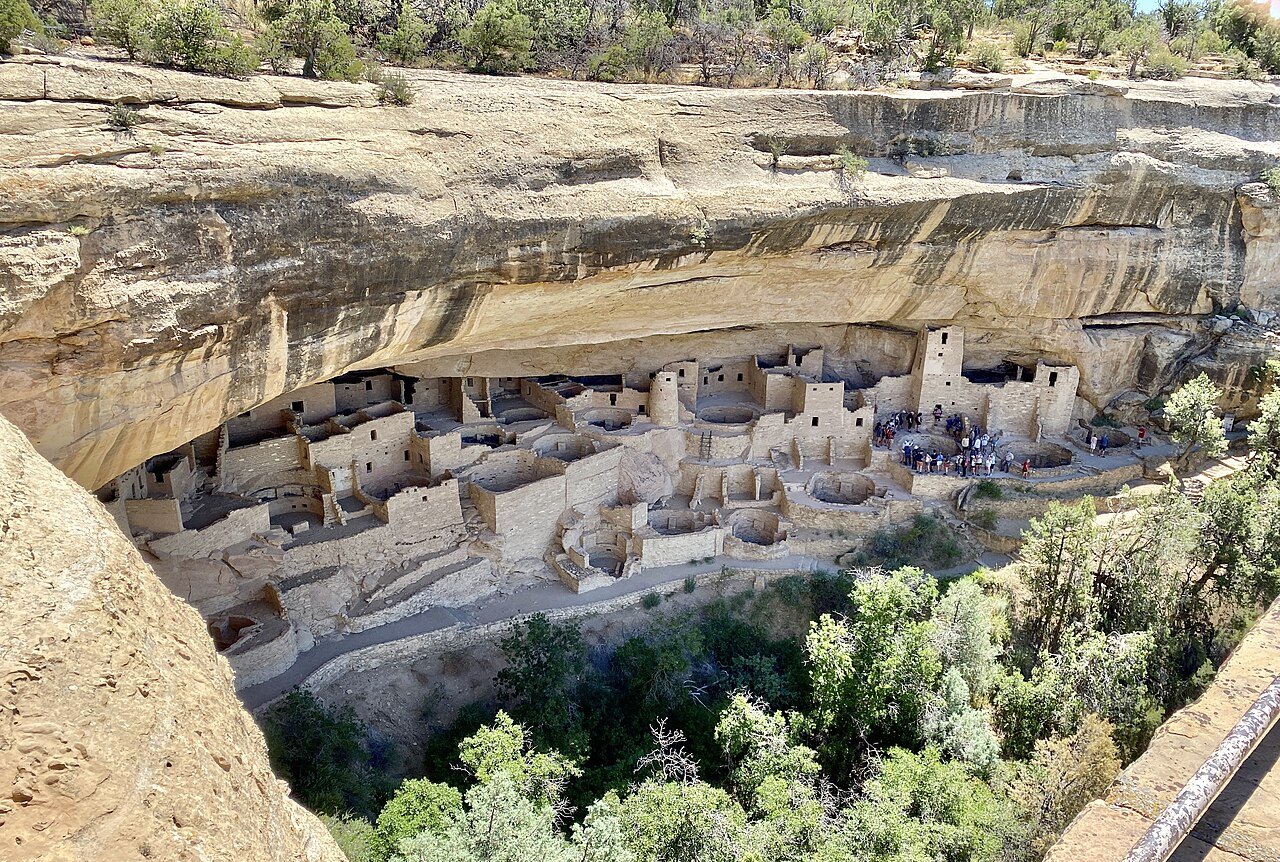 w_lemay, CC BY-SA 2.0, Wikimedia Commons
w_lemay, CC BY-SA 2.0, Wikimedia Commons
There Are 23 Ceremonial Kivas
Among the rooms are 23 kivas, which are sunken ceremonial spaces. Kivas were used for religious rites and social gatherings. Their number shows the site’s spiritual importance.
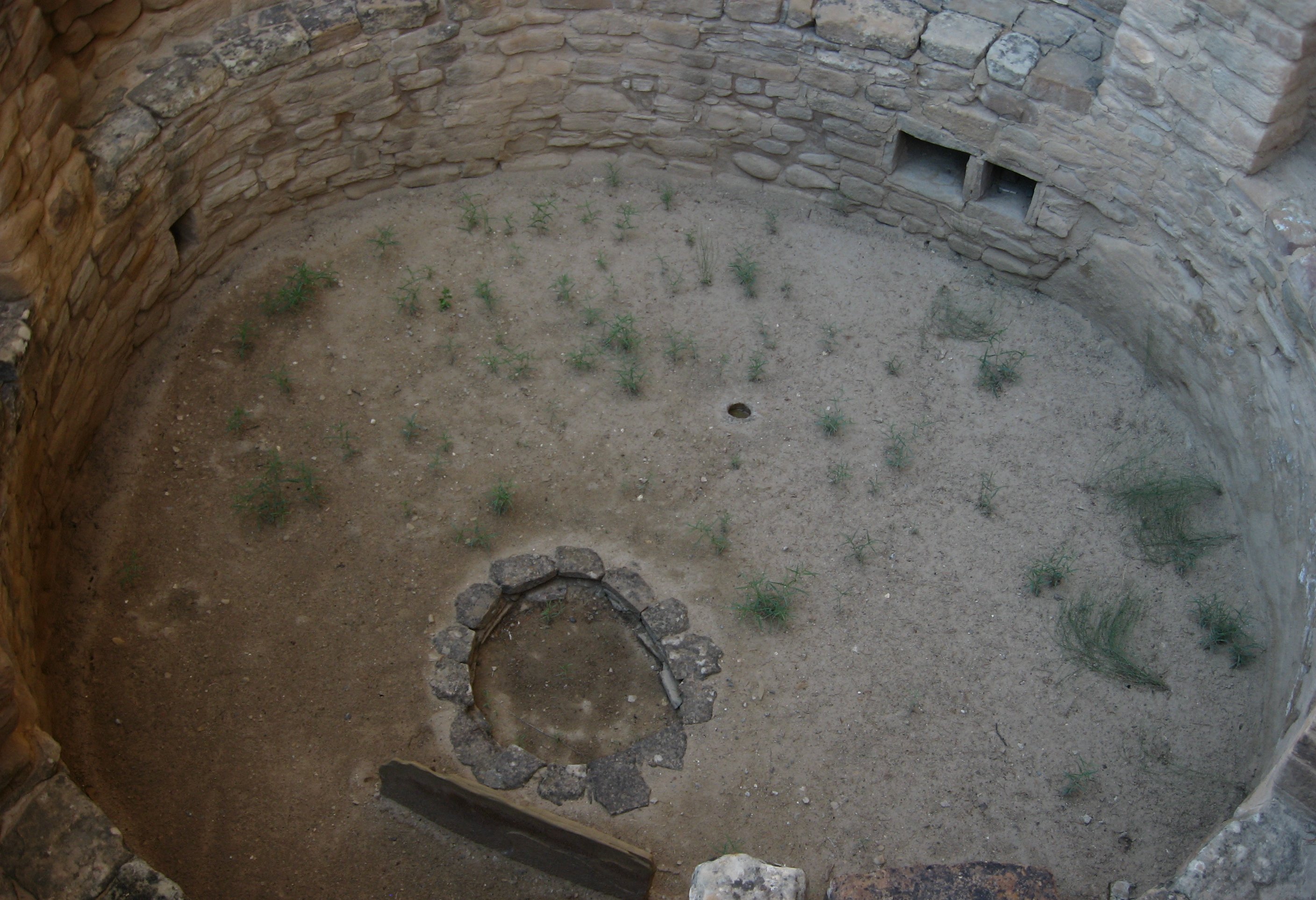 Ken Lund, CC BY-SA 2.0, Wikimedia Commons
Ken Lund, CC BY-SA 2.0, Wikimedia Commons
One Kiva Is Totally Sealed Off
In the center of the structure lies a kiva enclosed by walls with no access points. It may have served a unique ceremonial function. Its walls are decorated in two contrasting colors.
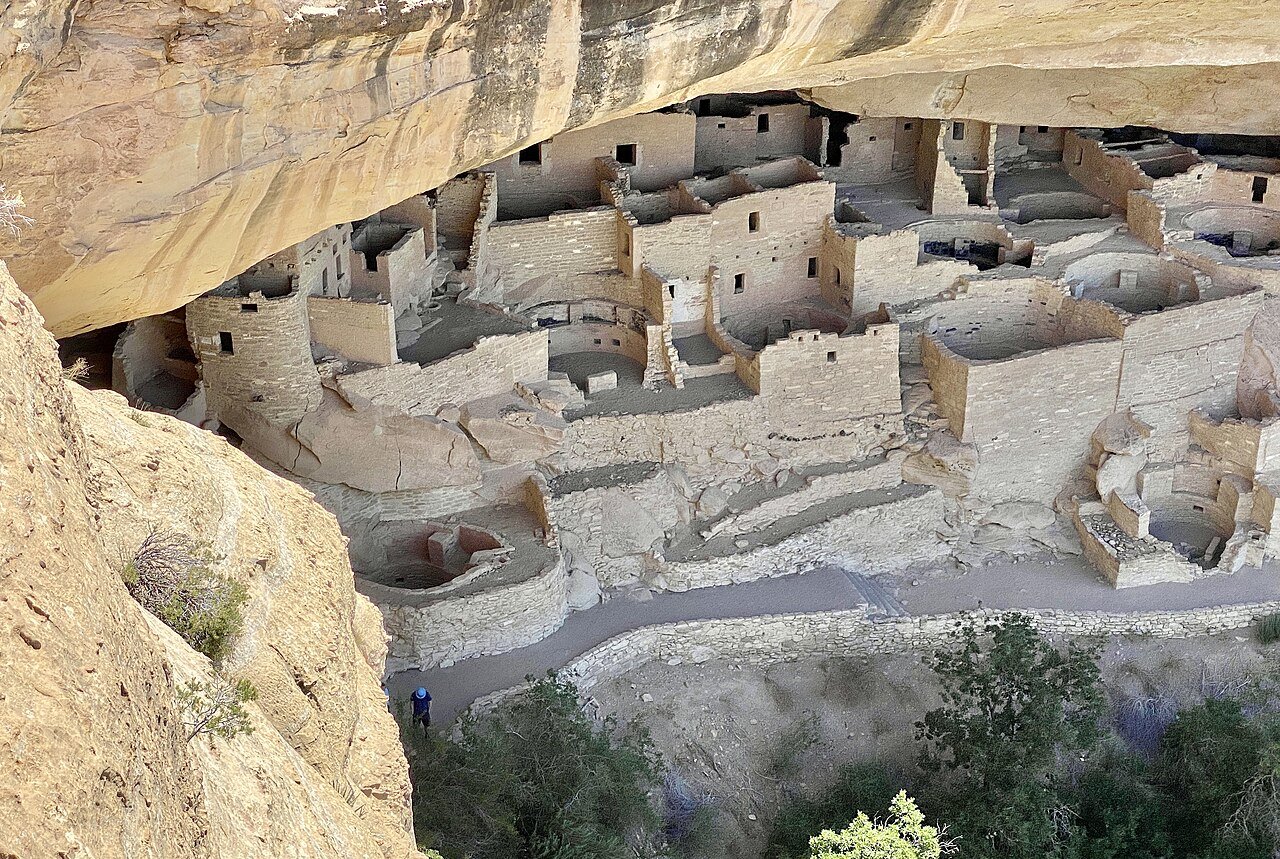 w_lemay, CC BY-SA 2.0, Wikimedia Commons
w_lemay, CC BY-SA 2.0, Wikimedia Commons
Cliff Palace Had A Uniquely High Kiva Ratio
The site has a kiva-to-room ratio of 9 to 1. This is significantly higher than the typical 12 to 1 ratio found in nearby communities. It suggests that the structure had ceremonial or political importance.
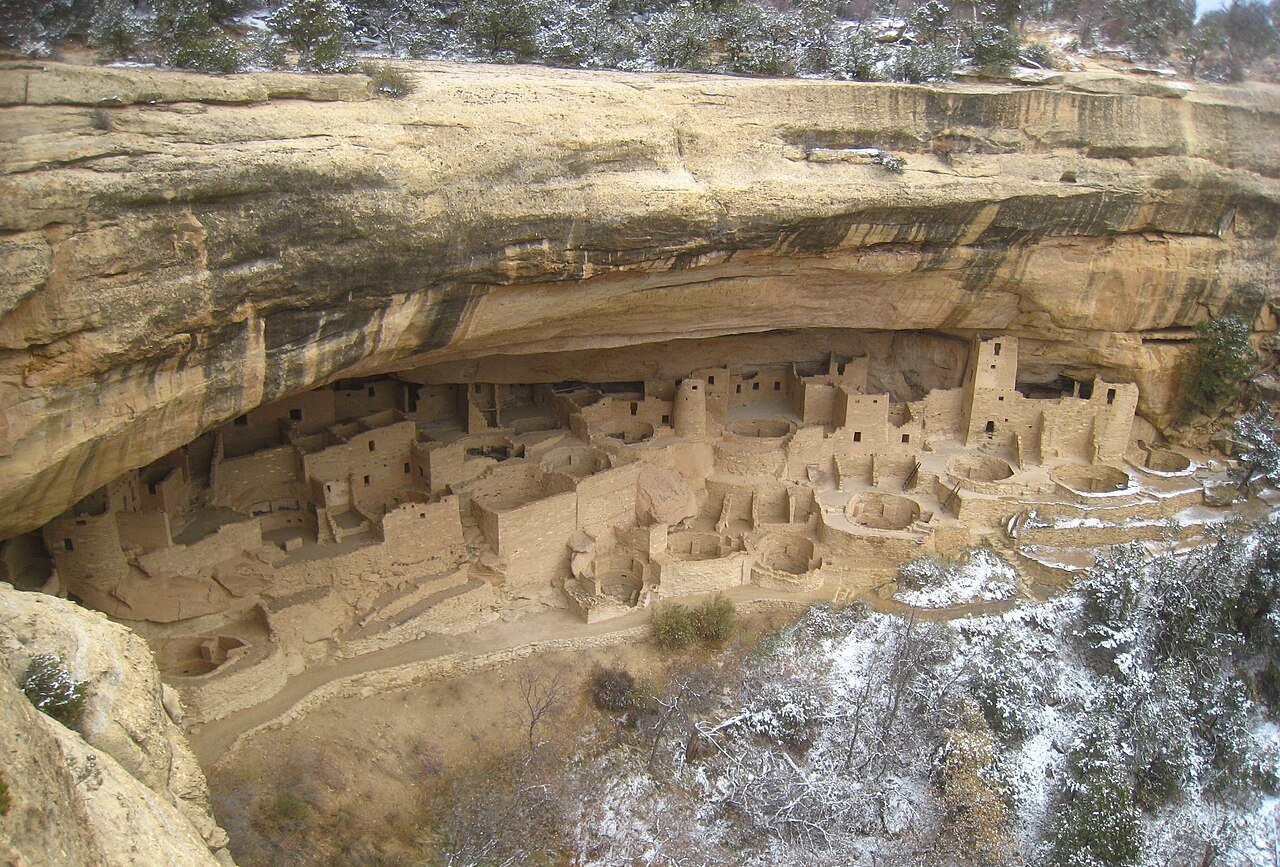 Chris M Morris, CC BY 2.0, Wikimedia Commons
Chris M Morris, CC BY 2.0, Wikimedia Commons
Likely A Hub For Many Clans
Archaeologists believe multiple clans lived at Cliff Palace. Its size and layout support the idea that it served as a central gathering place. It may have united surrounding Mesa Verde communities.
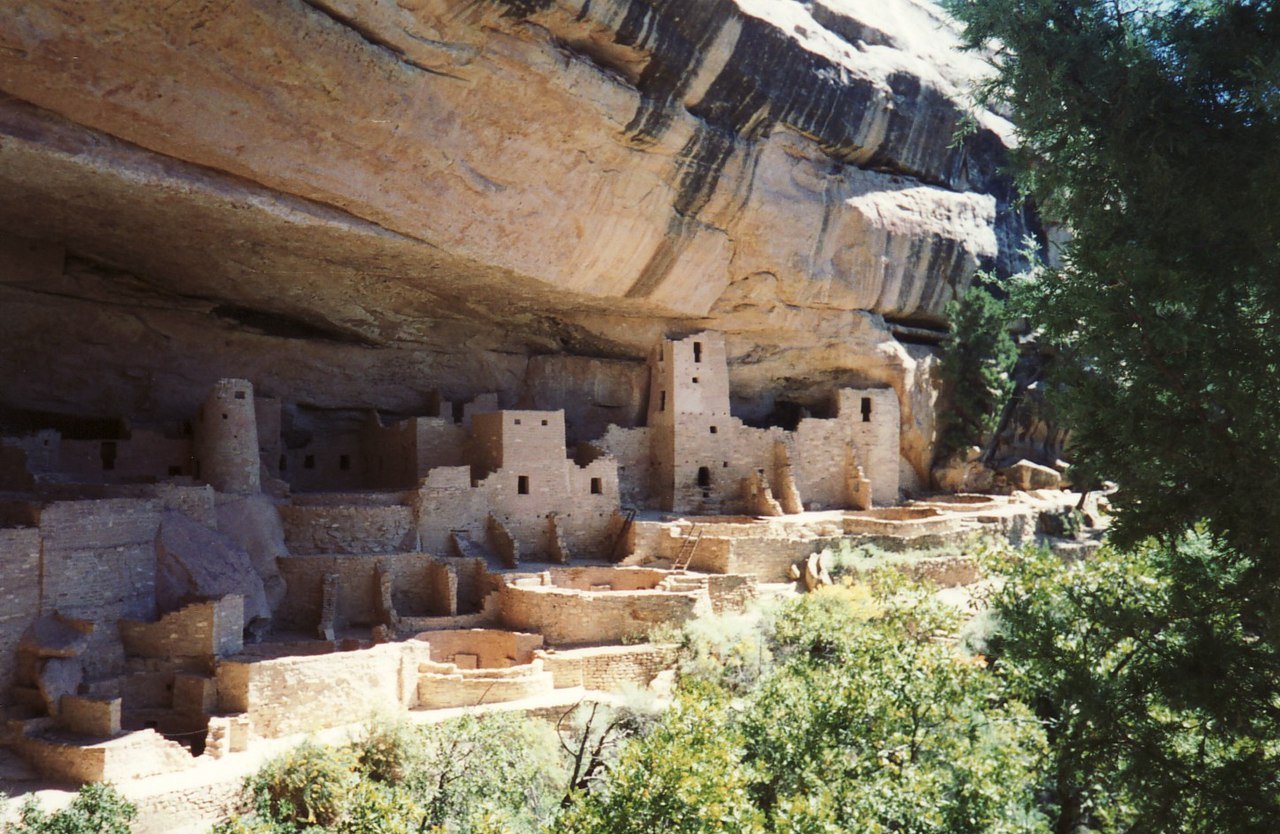 runt35, CC BY 3.0, Wikimedia Commons
runt35, CC BY 3.0, Wikimedia Commons
Population Estimates Hover Around 100
Cliff Palace likely supported around 100 people at its peak. The number is based on room and kiva analysis. It reflects a tight-knit, communal living arrangement.
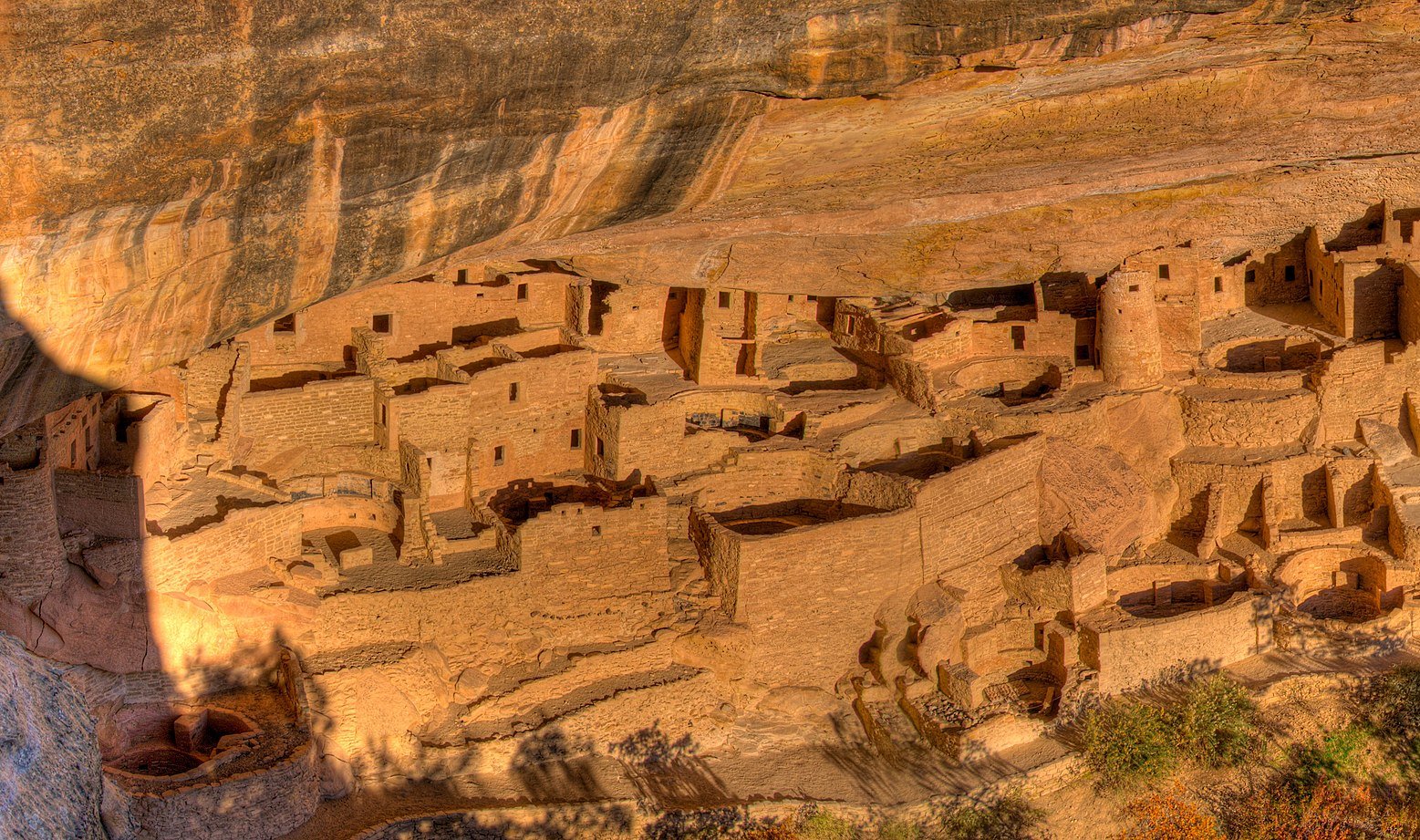 John Fowler, CC BY 2.0, Wikimedia Commons
John Fowler, CC BY 2.0, Wikimedia Commons
A Tower Reaches Toward The Alcove Roof
A square, four-story tower rises nearly to the ceiling of the natural alcove. It is one of the most striking features of the complex. It served as a lookout or ceremonial structure.
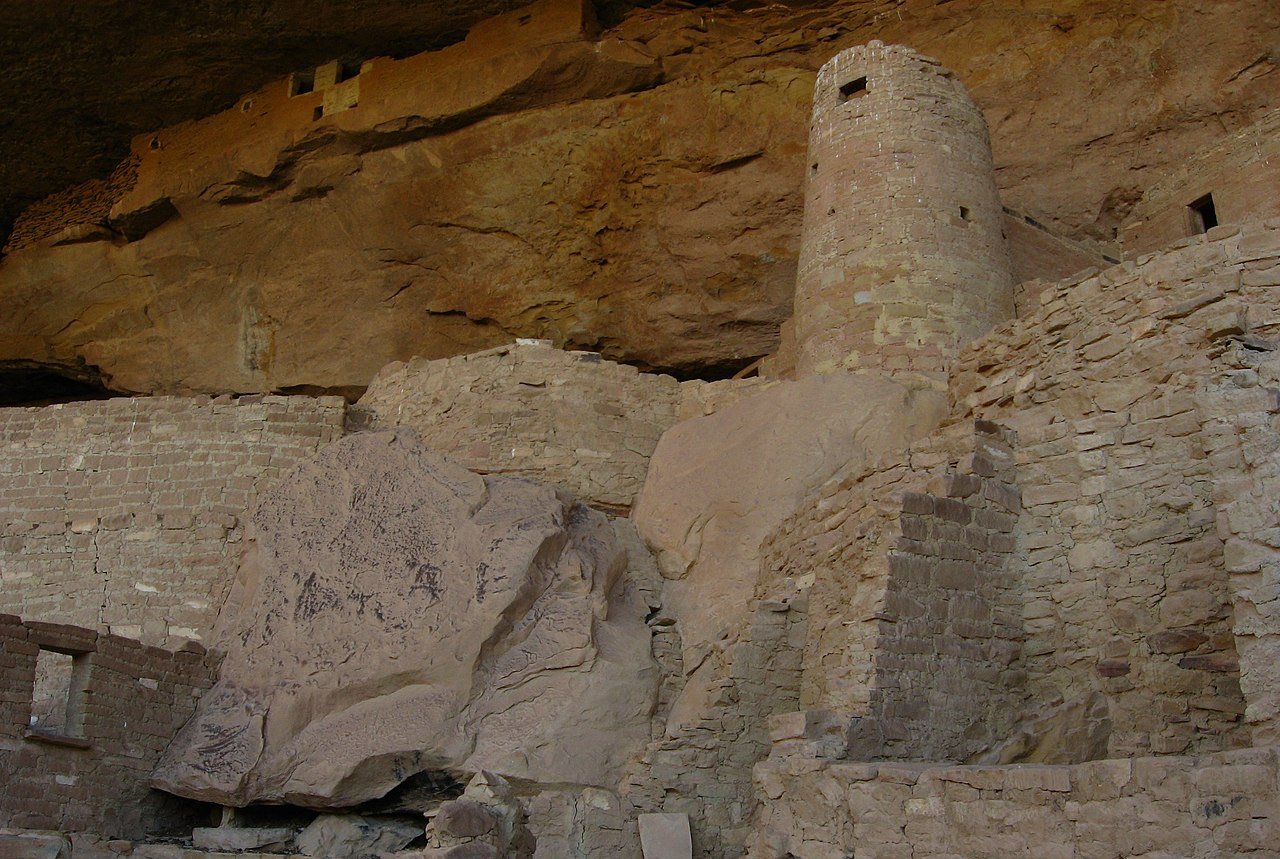 Ken Lund, CC BY-SA 2.0, Wikimedia Commons
Ken Lund, CC BY-SA 2.0, Wikimedia Commons
The Tower Was Rebuilt In Modern Times
By the 1800s, the tower had collapsed into ruin. The National Park Service carefully restored it using slightly different materials to show where new work was done. Today, it stands 26 feet tall.
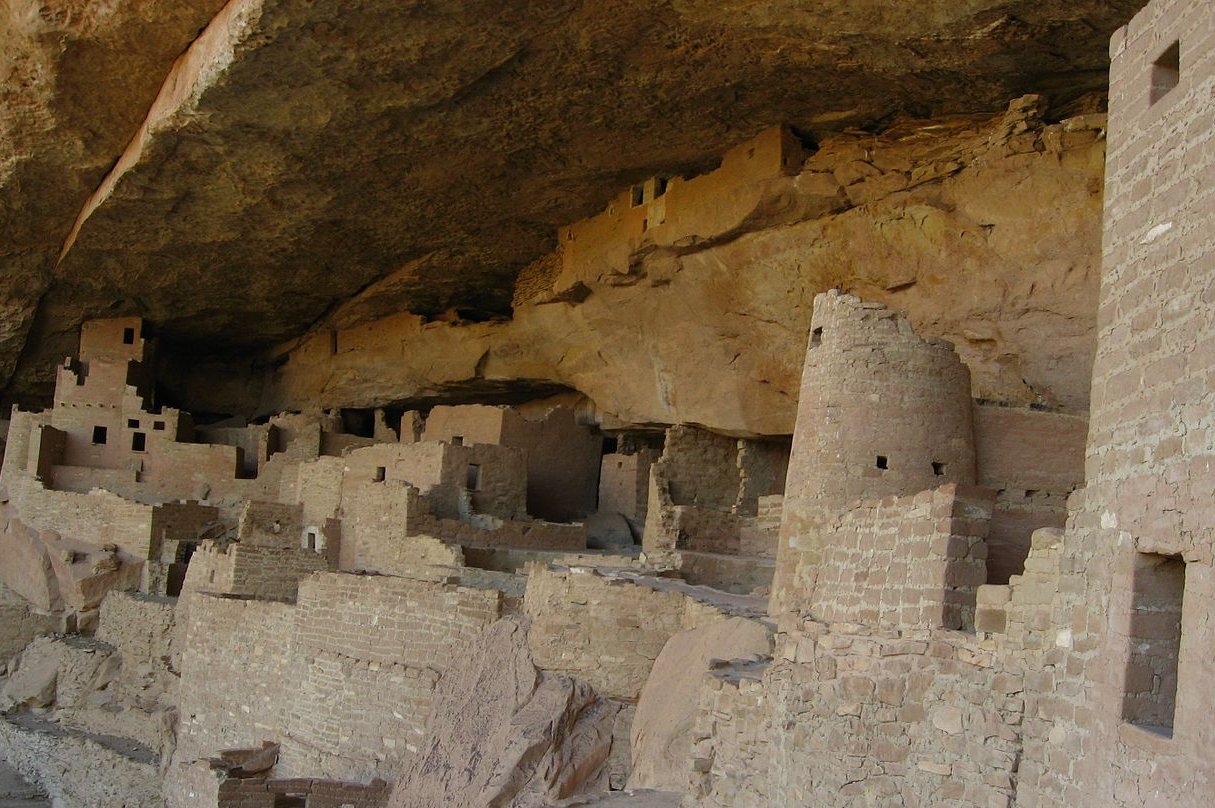 Ken Lund, CC BY-SA 2.0, Wikimedia Commons
Ken Lund, CC BY-SA 2.0, Wikimedia Commons
Cliff Palace Is Part Of A Loop Trail
The Cliff Palace Overlook is a popular stop on the six-mile Cliff Palace Loop Road. Visitors can view the dwelling from above. It offers a breathtaking panorama of ancient architecture.
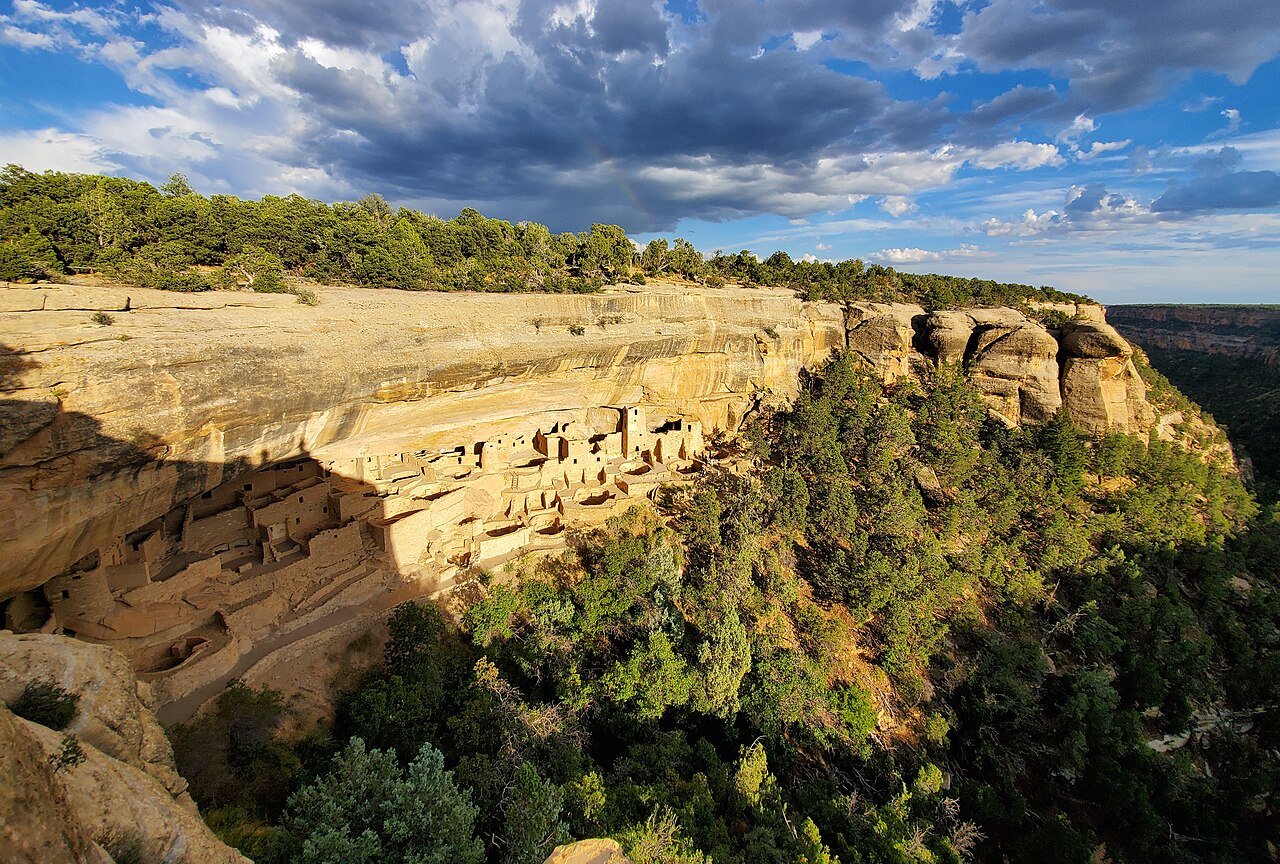 John Manard, CC BY-SA 2.0, Wikimedia Commons
John Manard, CC BY-SA 2.0, Wikimedia Commons
Most Other Dwellings Are Much Smaller
Out of over 600 cliff dwellings in the park, 75% have just 1 to 5 rooms. Many are believed to have been used for food storage.
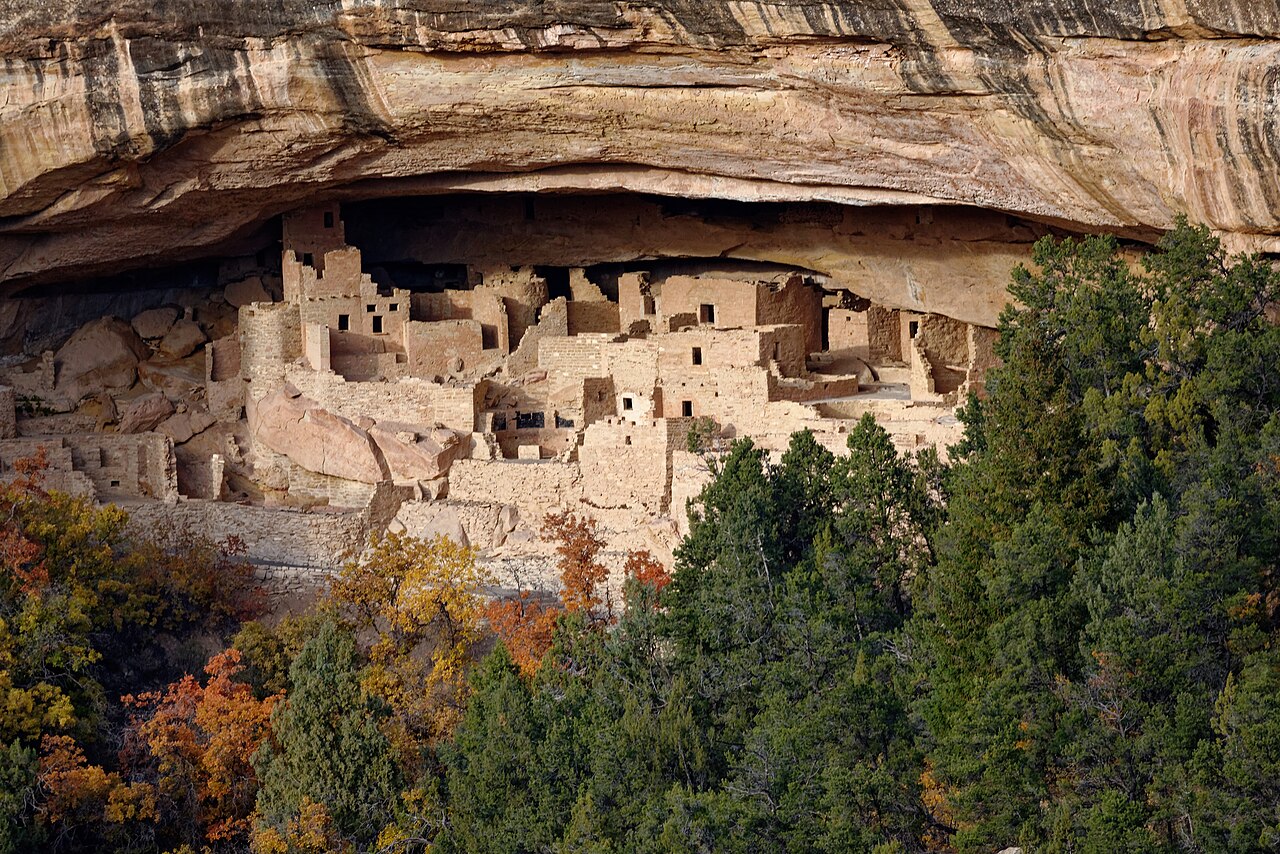 Judson McCranie, CC BY-SA 3.0, Wikimedia Commons
Judson McCranie, CC BY-SA 3.0, Wikimedia Commons
Only Accessible Through Guided Tours
Visitors cannot enter Cliff Palace without a ranger-guided tour. This helps preserve the site and limit damage. Tour tickets can be booked in advance.
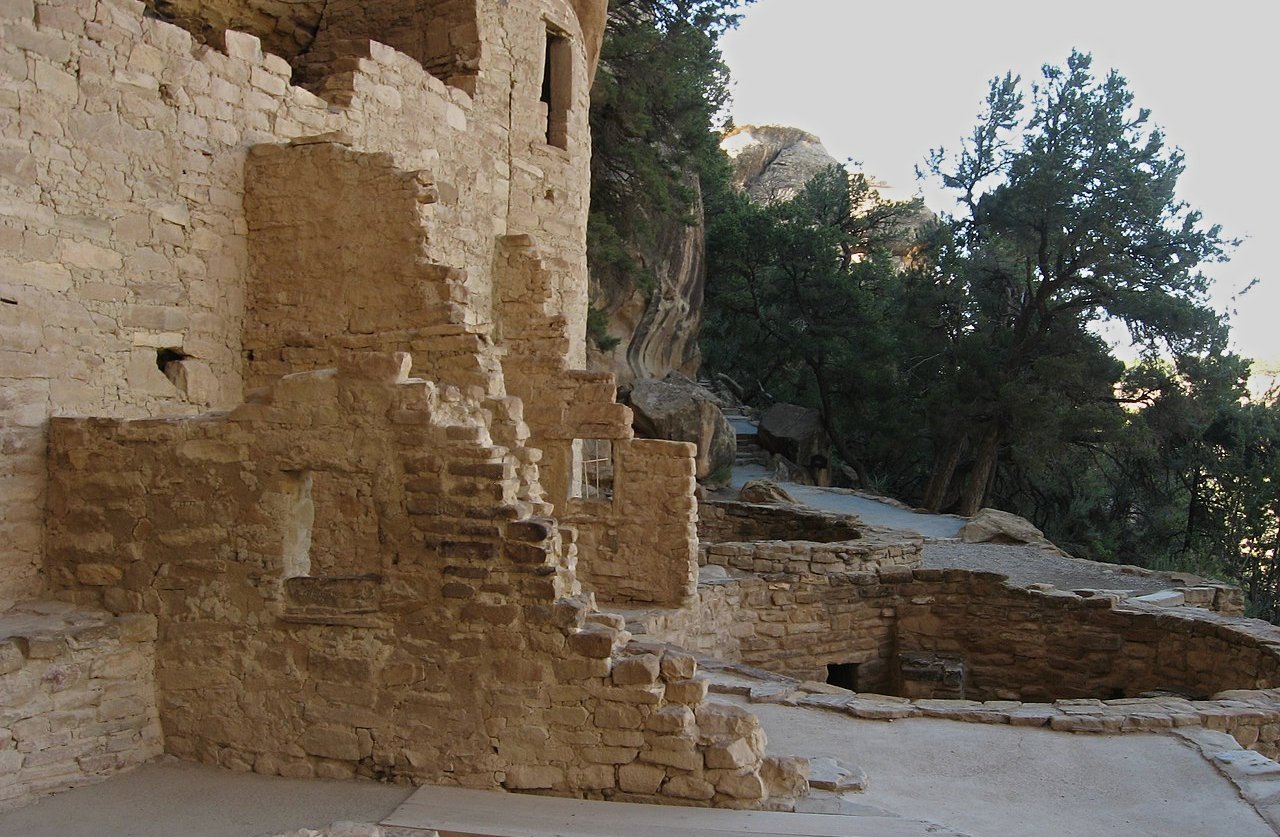 Ken Lund, CC BY-SA 2.0, Wikimedia Commons
Ken Lund, CC BY-SA 2.0, Wikimedia Commons
The Loop Road Closes At Sunset
Cliff Palace Loop Road is open daily from 8:00 am to sunset. Timed entry ensures the site remains protected. Most tours last around one hour.
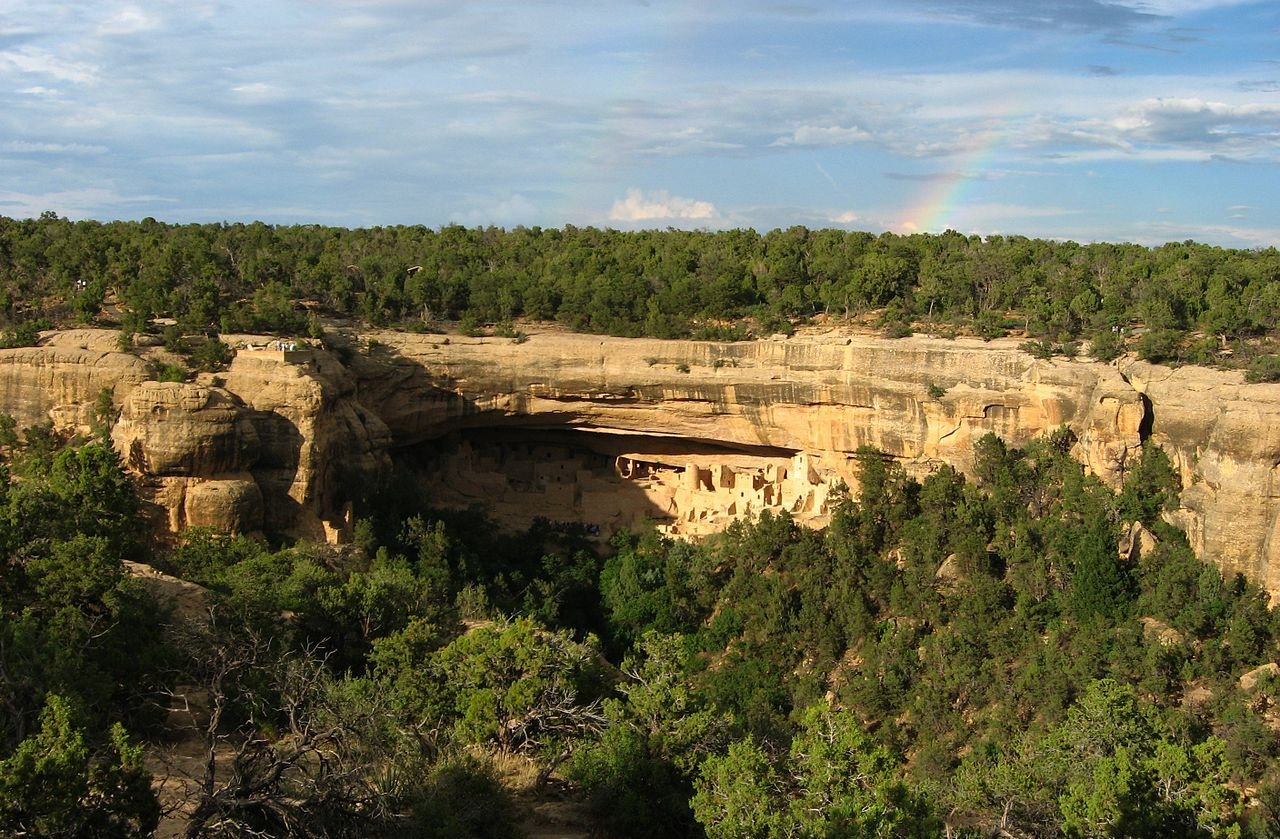 Ken Lund, CC BY-SA 2.0, Wikimedia Commons
Ken Lund, CC BY-SA 2.0, Wikimedia Commons
Ancestral Puebloans Had Short Lives
Due to harsh living conditions, life expectancy was around 32 to 34 years. Disease and limited medical care played a role. High infant mortality made survival especially difficult.
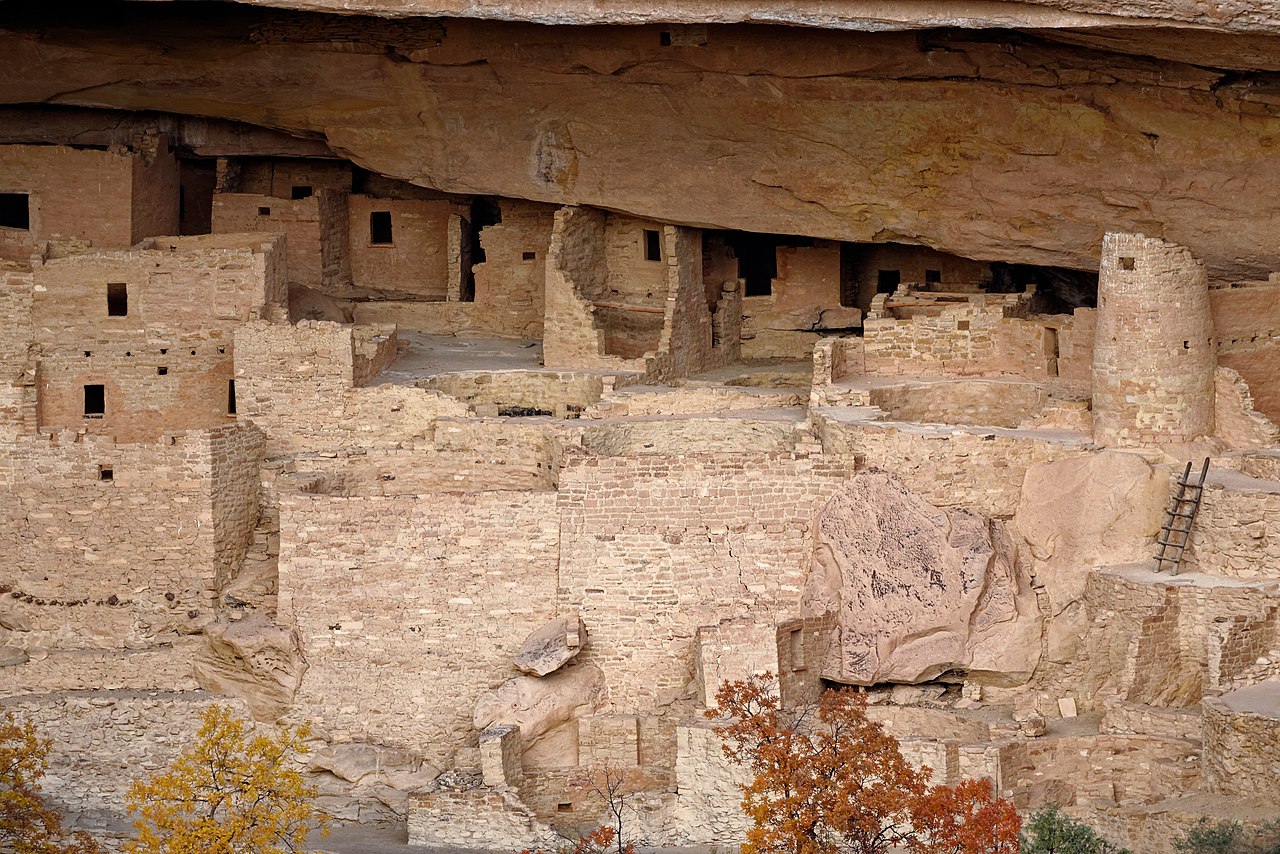 Judson McCranie, CC BY-SA 3.0, Wikimedia Commons
Judson McCranie, CC BY-SA 3.0, Wikimedia Commons
Half Of Children Died Young
Approximately 50% of children died before age five. Those who survived childhood often lived into their 50s or 60s. This shaped the structure of Puebloan society.
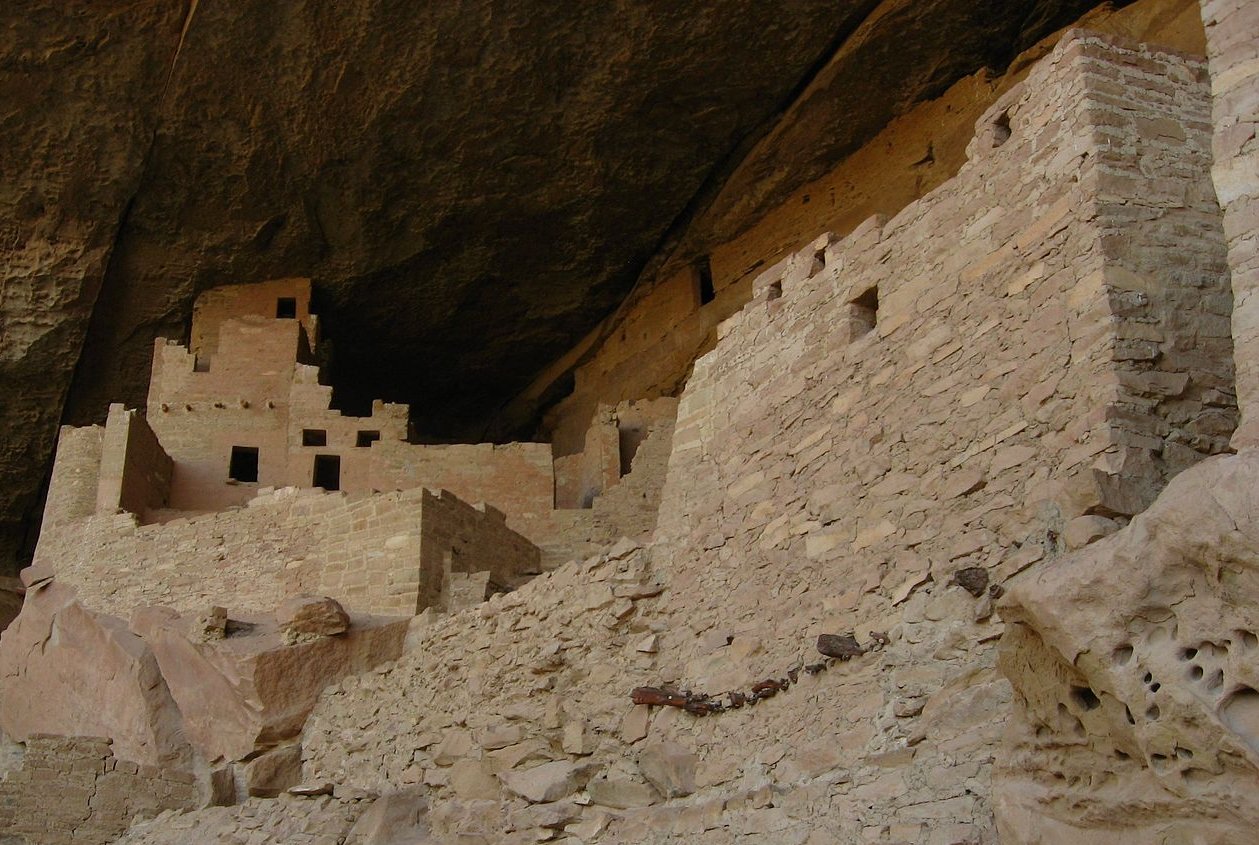 Ken Lund, CC BY-SA 2.0, Wikimedia Commons
Ken Lund, CC BY-SA 2.0, Wikimedia Commons
The Alcove Was Formed By Nature
Cliff Palace was built inside a natural sandstone alcove. These alcoves formed when moisture seeped through sandstone and froze during the winter. The expanding ice cracked and dislodged pieces of rock.
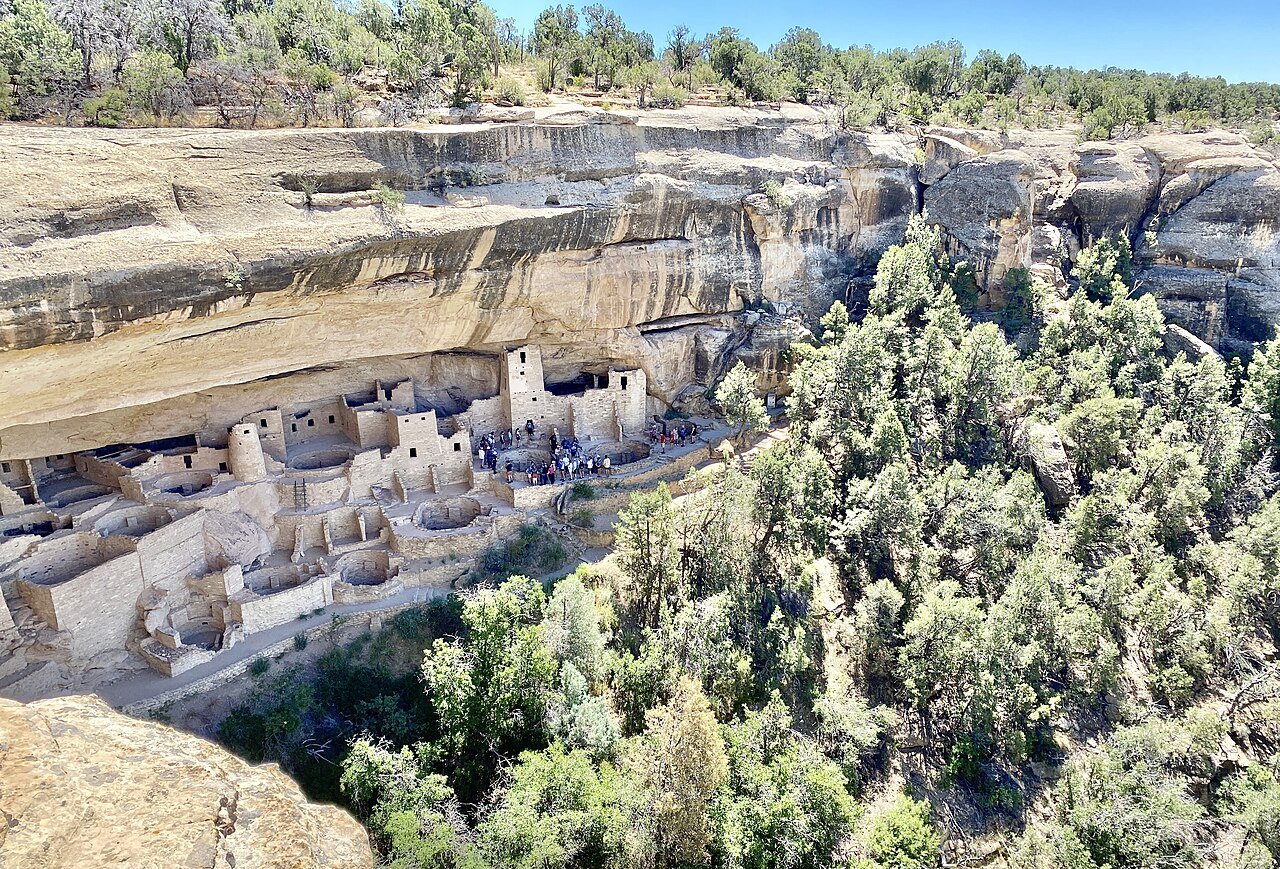 w_lemay, CC BY-SA 2.0, Wikimedia Commons
w_lemay, CC BY-SA 2.0, Wikimedia Commons
Sandstone Is Porous And Weakens With Time
The cliff face is made of sandstone, which absorbs moisture easily. Beneath it lies shale, which blocks water movement. This leads to freeze-thaw erosion and alcove formation.
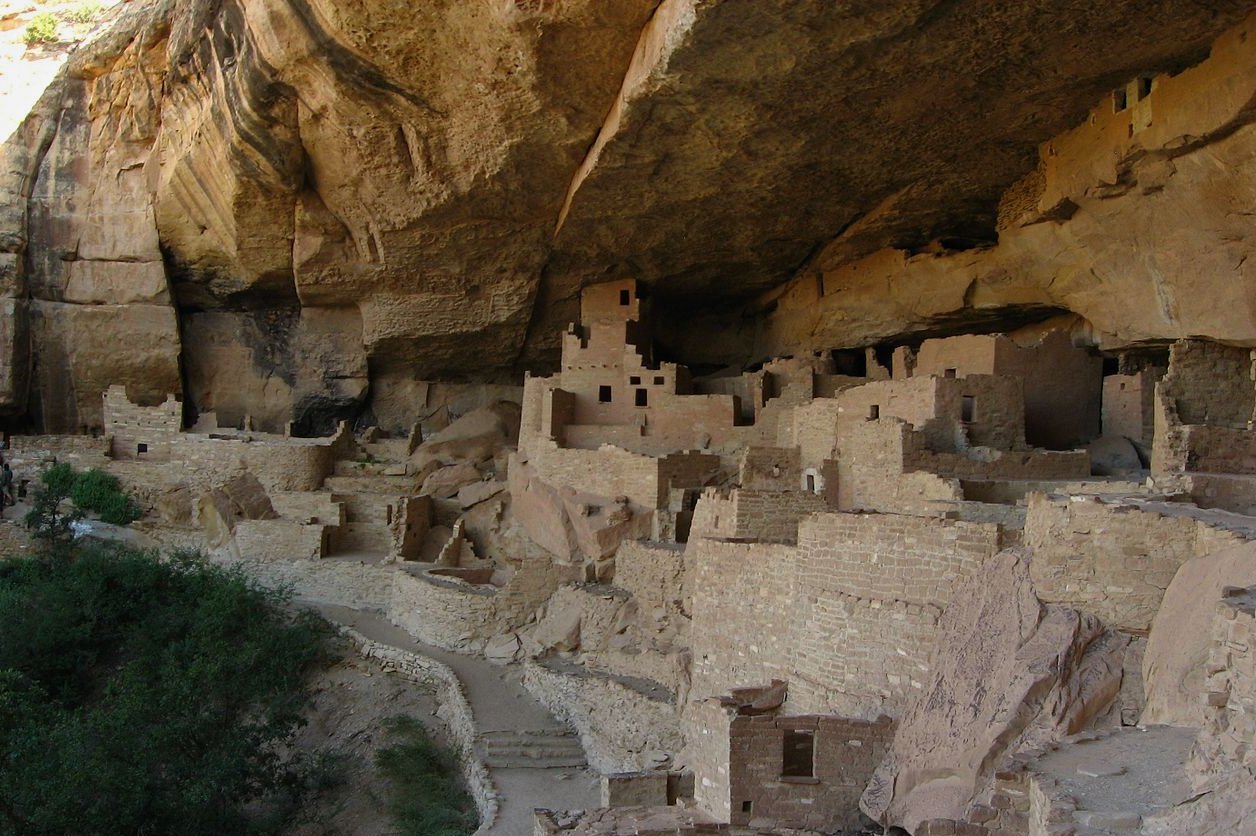 Ken Lund, CC BY-SA 2.0, Wikimedia Commons
Ken Lund, CC BY-SA 2.0, Wikimedia Commons
Large Alcoves Are Rare In The Region
Most alcoves in Mesa Verde are too small for large dwellings. Cliff Palace’s alcove is unusually large and deep. This made its construction both possible and unique.
Weather Has Taken A Toll Over Centuries
Between the 13th century and the 1880s, natural forces slowly damaged the site. Rain, wind, and freezing weather contributed to its decline. Erosion was an ongoing issue even before its rediscovery.
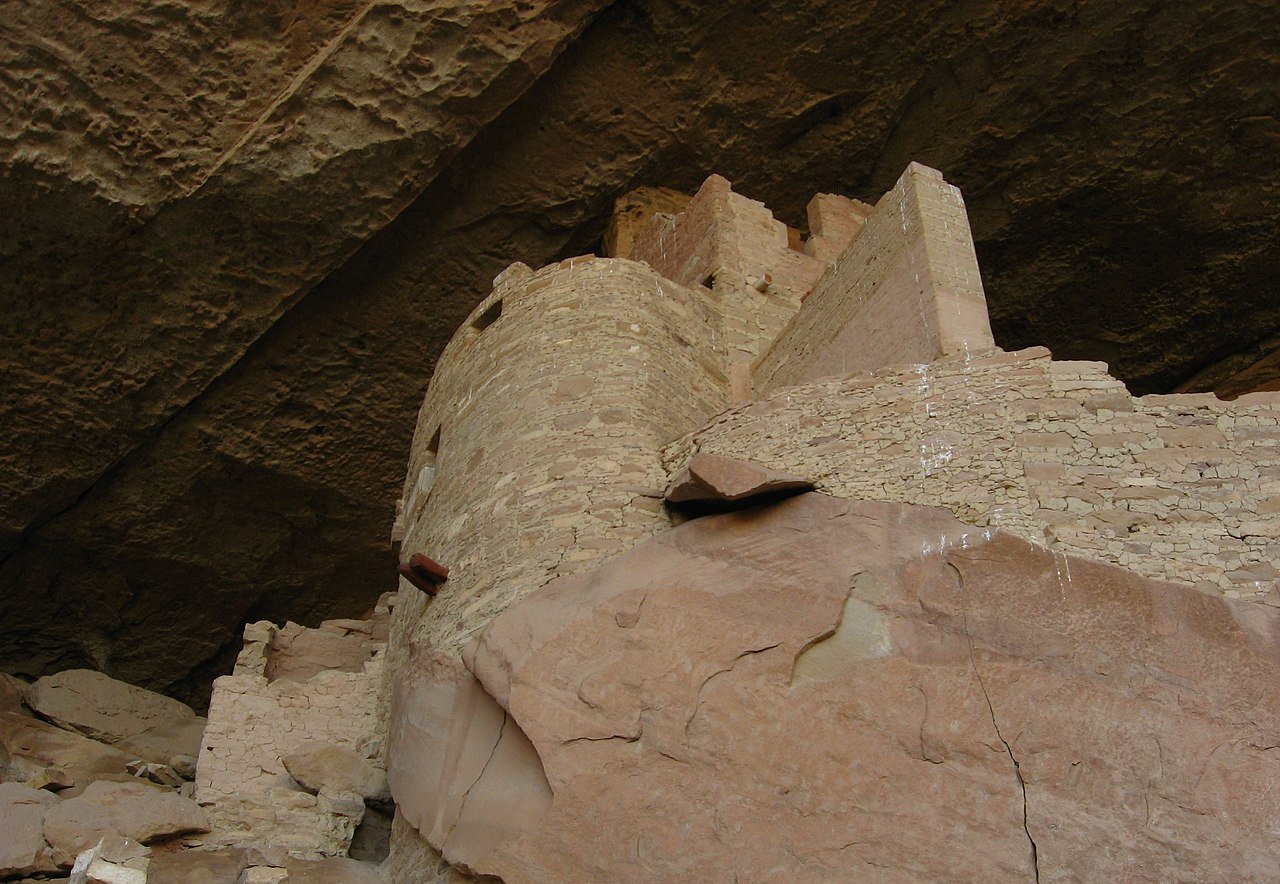 Ken Lund, CC BY-SA 2.0, Wikimedia Commons
Ken Lund, CC BY-SA 2.0, Wikimedia Commons
Human Activity Accelerated The Damage
After its rediscovery, Cliff Palace suffered from looting and careless exploration. Some visitors even used dynamite to reach artifacts. These actions caused severe structural damage.
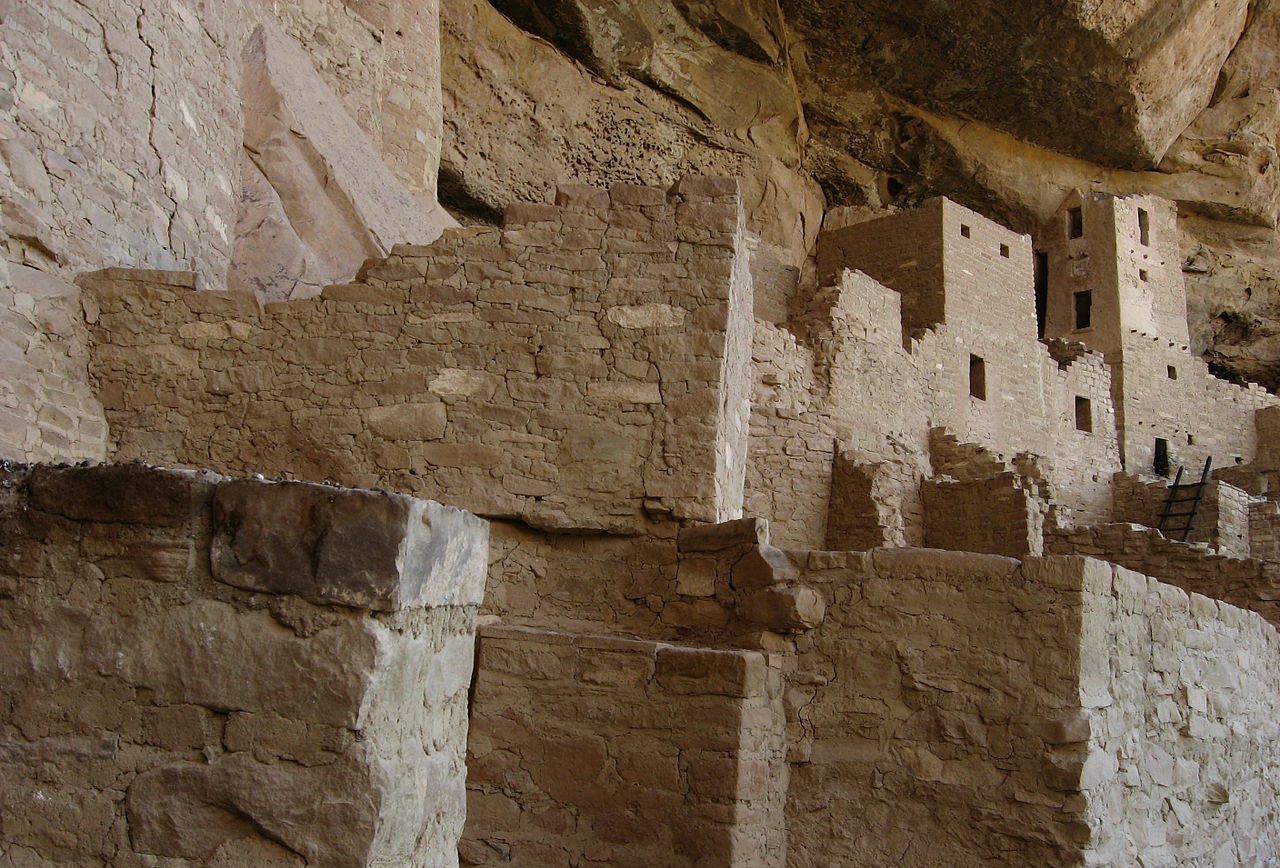 Ken Lund, CC BY-SA 2.0, Wikimedia Commons
Ken Lund, CC BY-SA 2.0, Wikimedia Commons
Restoration Has Been Ongoing For Decades
The National Park Service began restoration efforts in the 20th century. They carefully stabilized walls and reconstructed damaged areas. Some materials are intentionally different to show modern work.
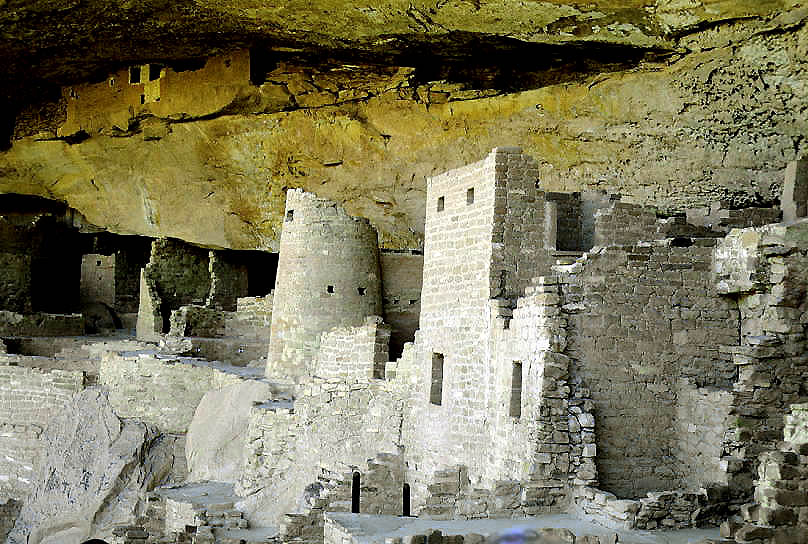 LBM1948, CC BY-SA 4.0, Wikimedia Commons
LBM1948, CC BY-SA 4.0, Wikimedia Commons
Preservation Remains A Constant Battle
Cliff Palace faces ongoing threats from rain, animals, insects, and rock fall. Conservation teams monitor the site each year. Regular maintenance helps protect it for future generations.
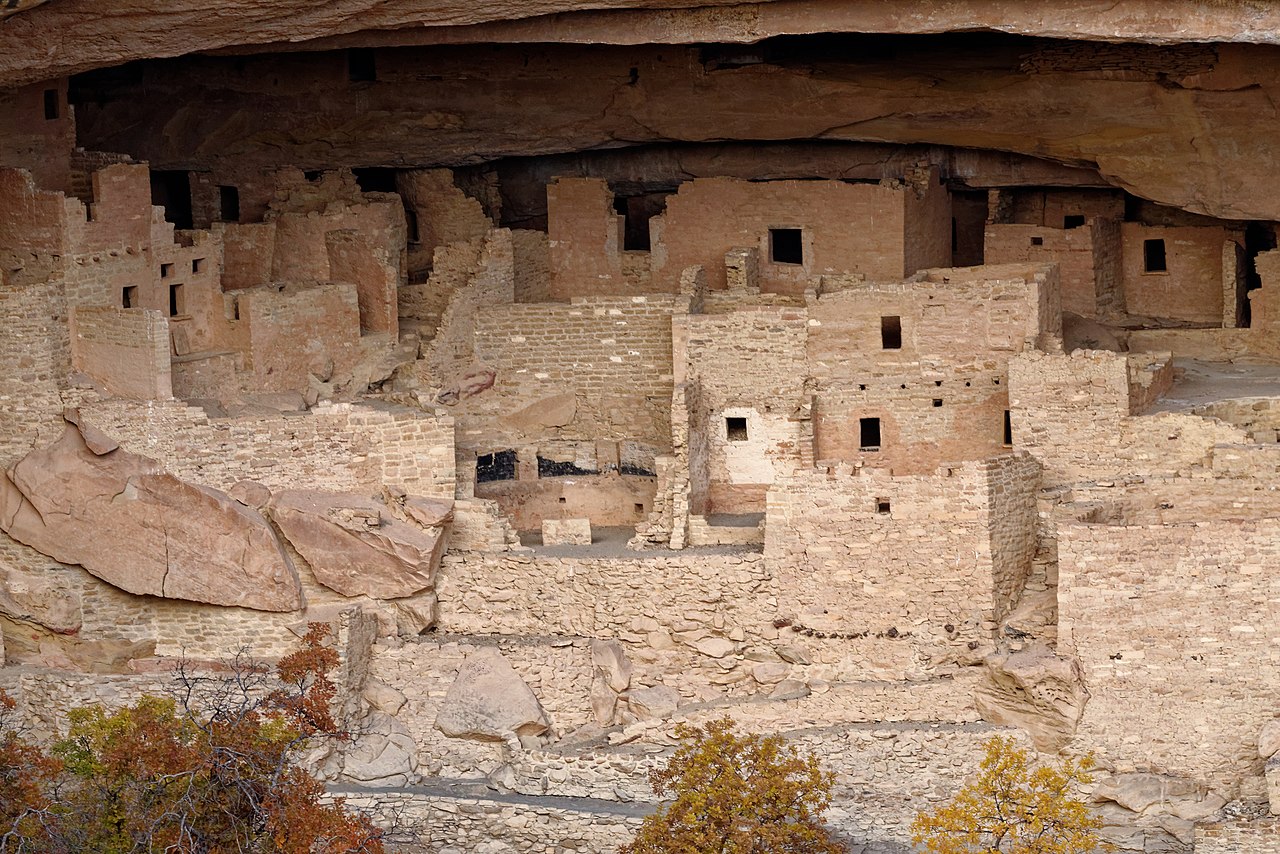 Judson McCranie, CC BY-SA 3.0, Wikimedia Commons
Judson McCranie, CC BY-SA 3.0, Wikimedia Commons
Archeological Work Is Still Active
Experts continue to study the site and surrounding region. New findings shape our understanding of ancient Puebloan life. Mesa Verde remains a rich field for research.
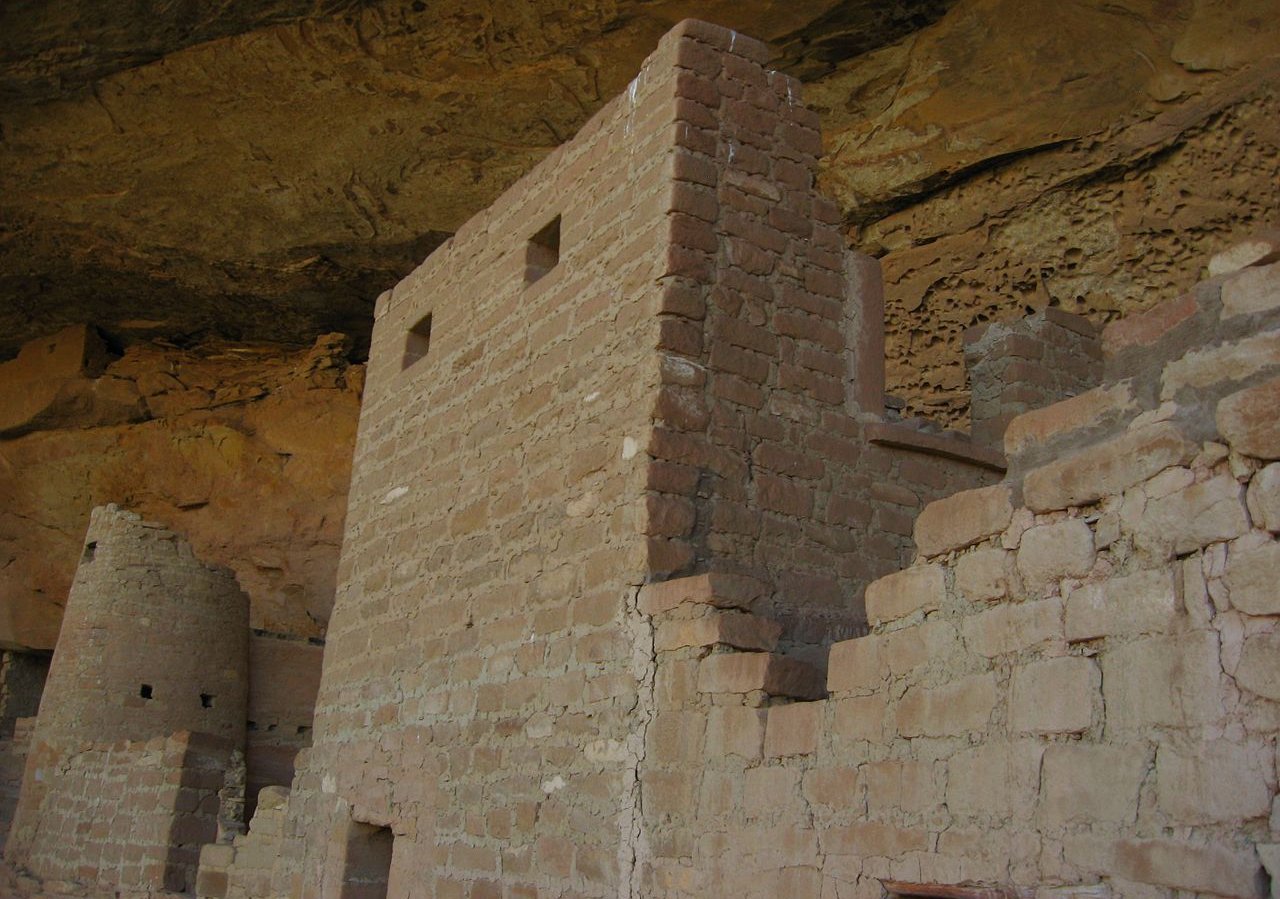 Ken Lund, CC BY-SA 2.0, Wikimedia Commons
Ken Lund, CC BY-SA 2.0, Wikimedia Commons
A Tour Offers Deep Insight
Cliff Palace is a highlight of the 700 Years Tour. This guided experience explores Puebloan history in detail. It offers a rare chance to step into the past.
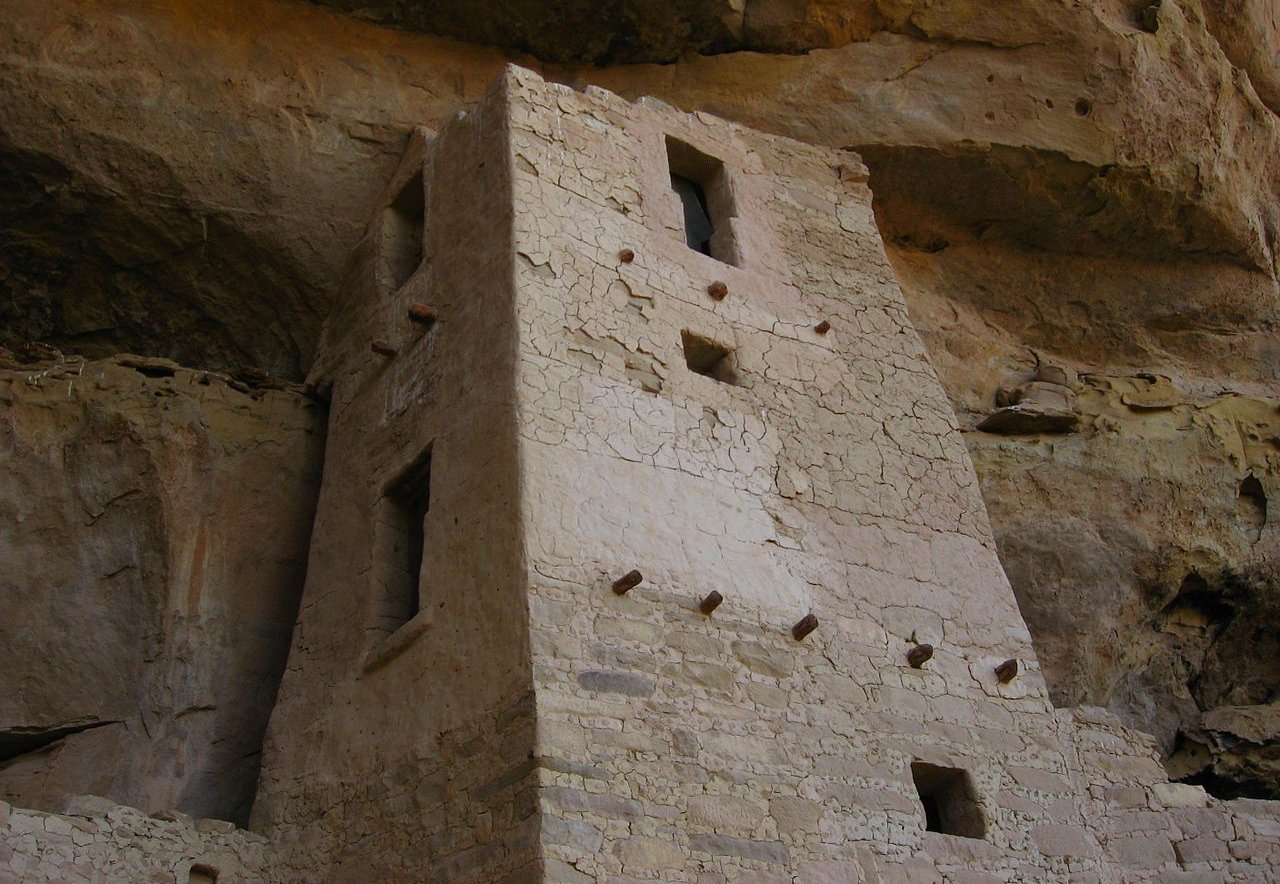 Ken Lund, CC BY-SA 2.0, Wikimedia Commons
Ken Lund, CC BY-SA 2.0, Wikimedia Commons
Tour Tickets Are Required
To take the one-hour guided tour of Cliff Palace, visitors must purchase tickets in advance. These are available at the Mesa Verde Visitor and Research Center. Tour availability can change seasonally.
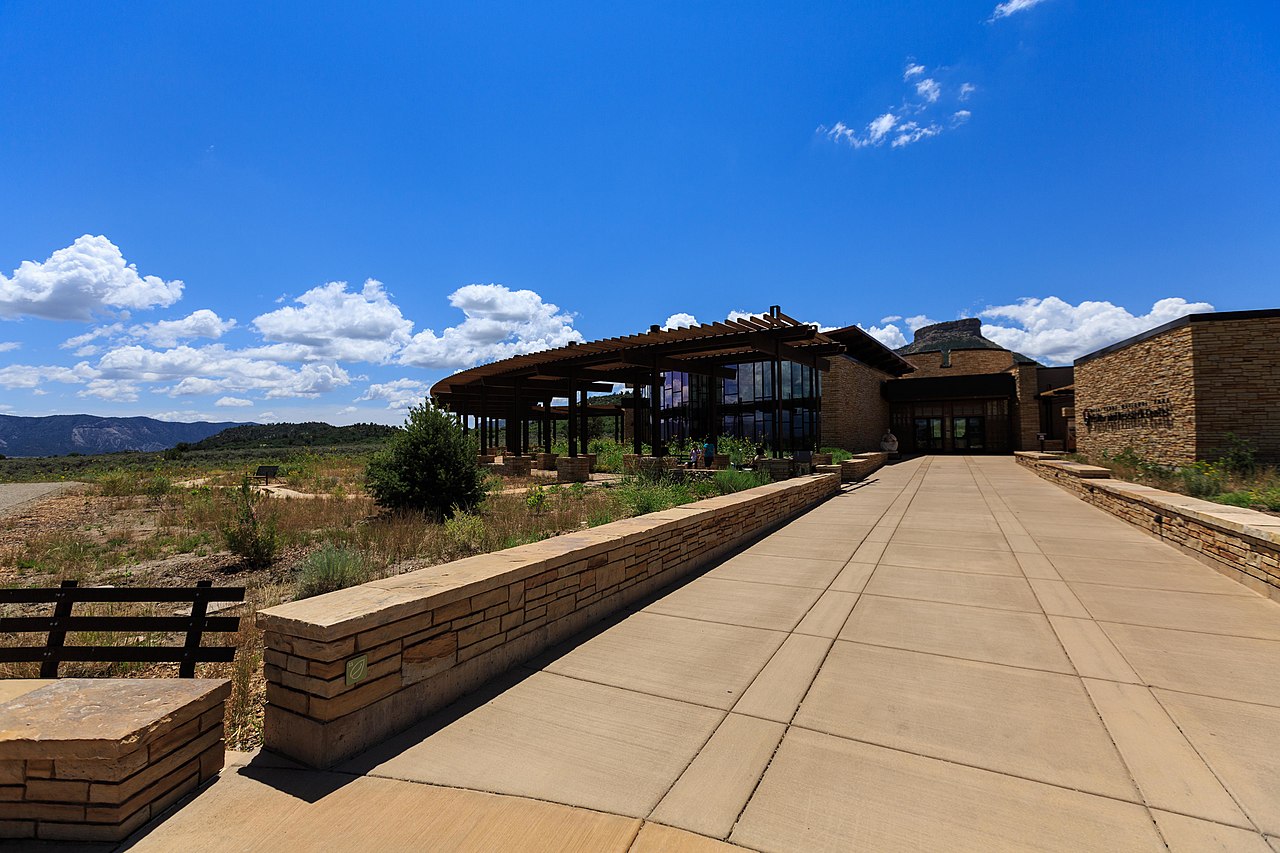 Will Thomas, CC BY-SA 3.0, Wikimedia Commons
Will Thomas, CC BY-SA 3.0, Wikimedia Commons
Cliff Palace Is A UNESCO World Heritage Site
Mesa Verde National Park, including Cliff Palace, was designated a UNESCO World Heritage Site in 1978. The designation recognizes its cultural and historical significance on a global scale.
You May Also Like:
Arizona’s Best Kept Secret: The Montezuma Well
Inside Montezuma Castle, Arizona’s Ancient Indigenous Palace


